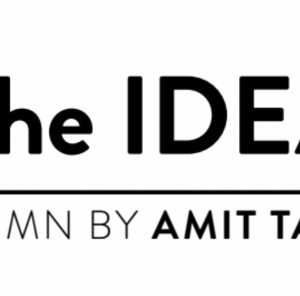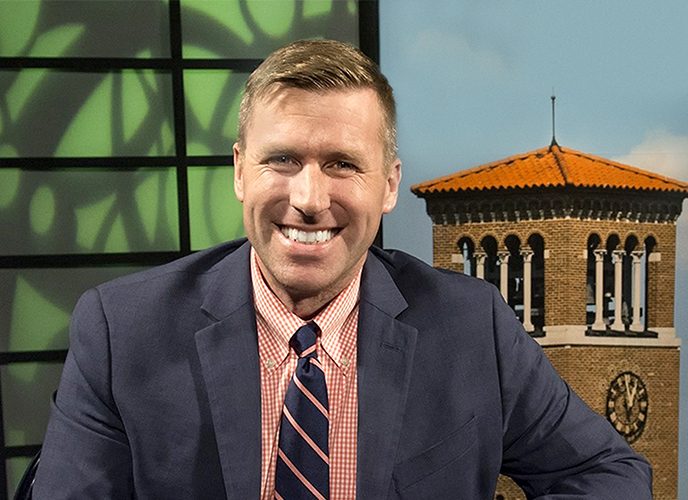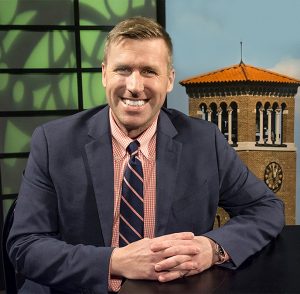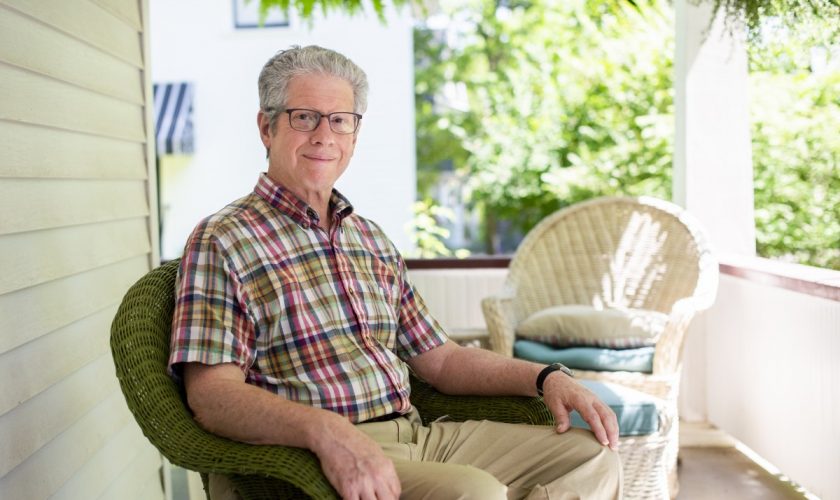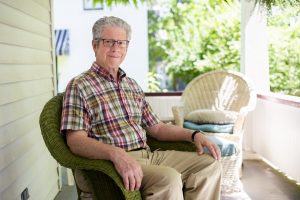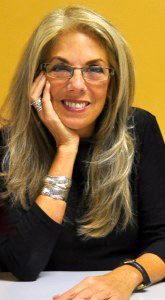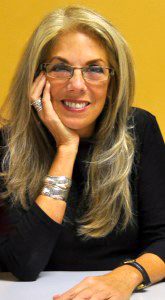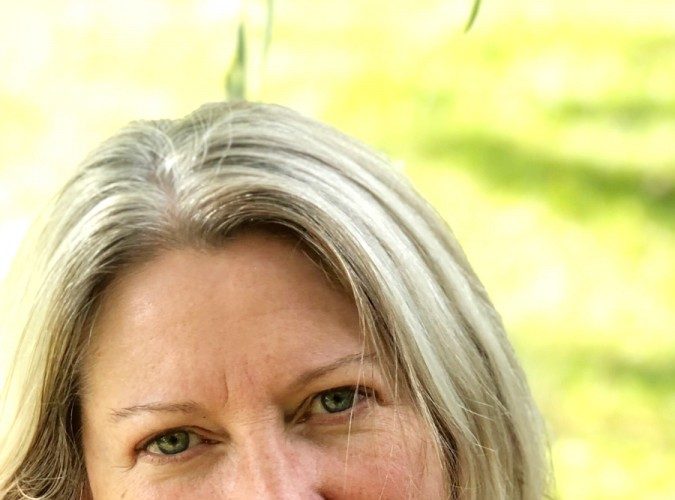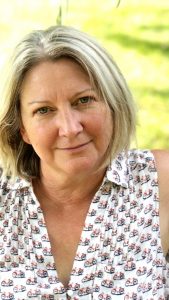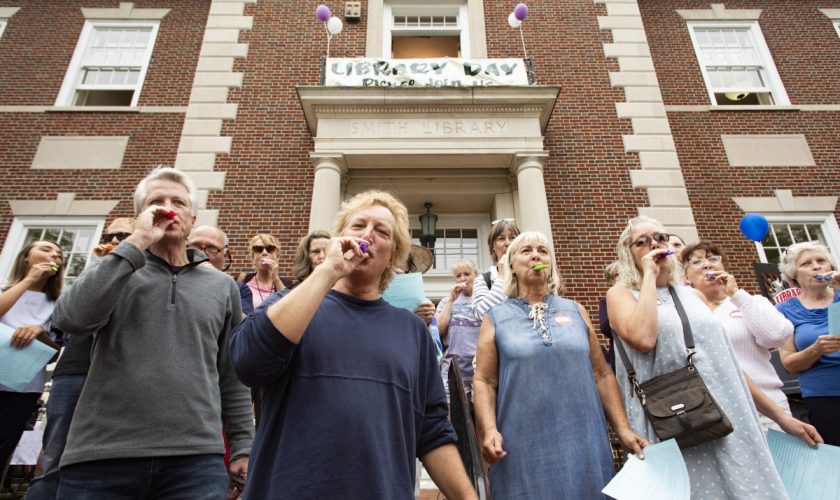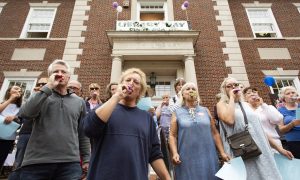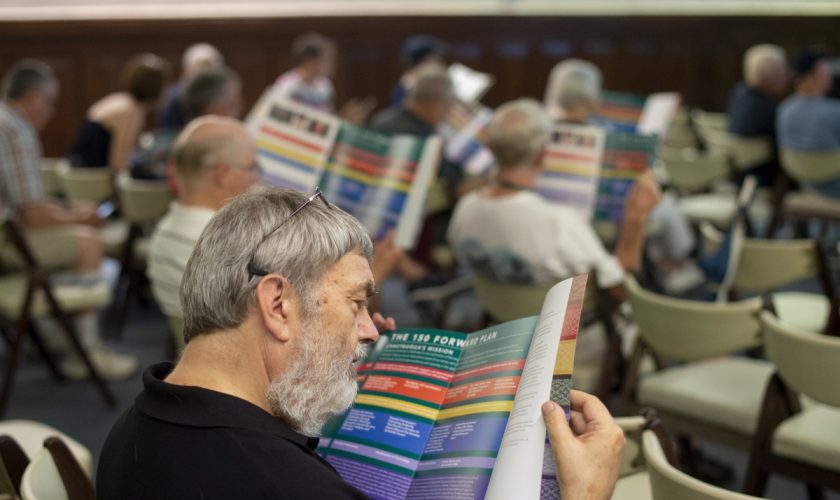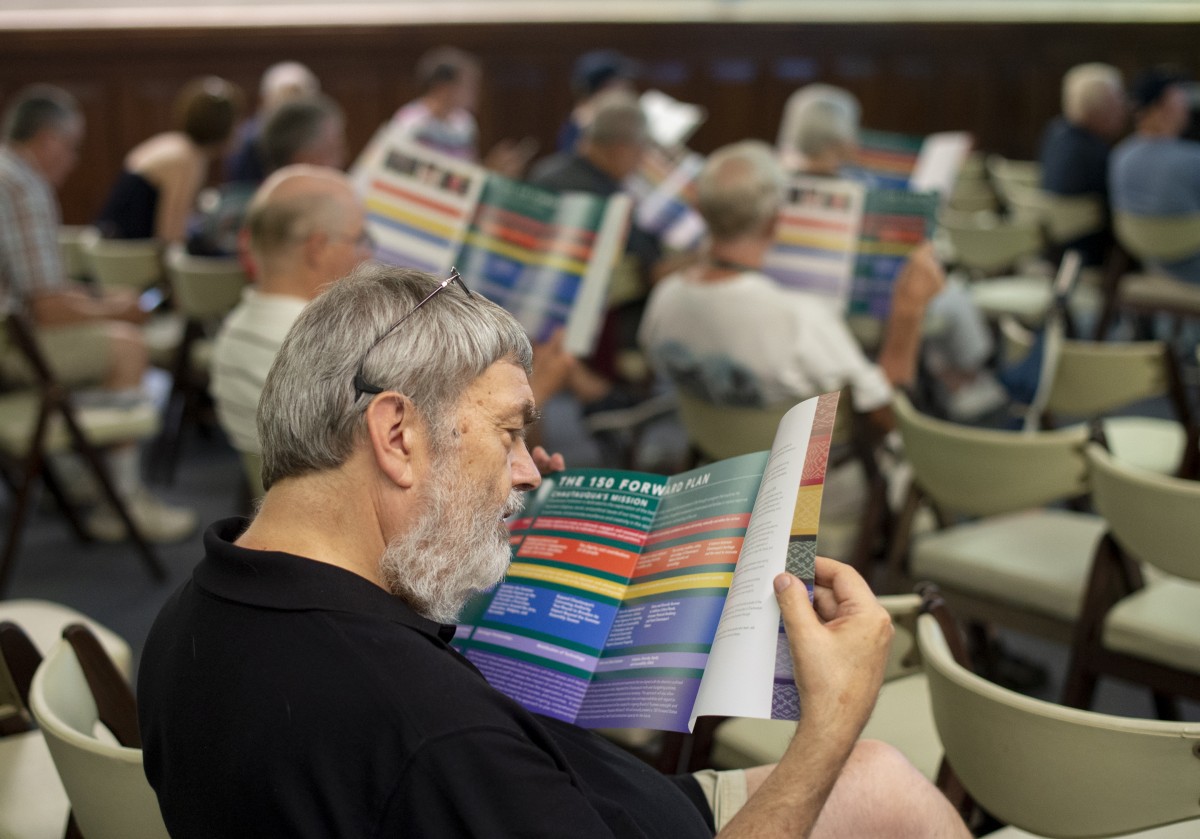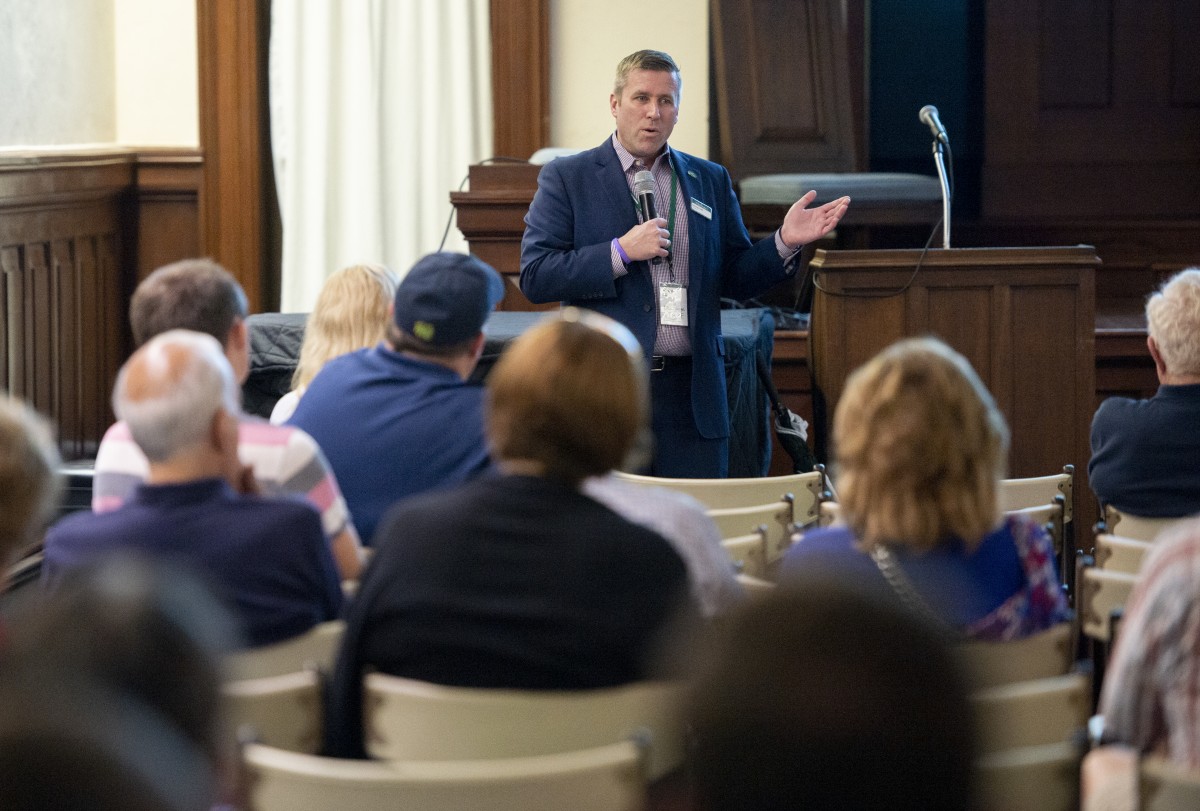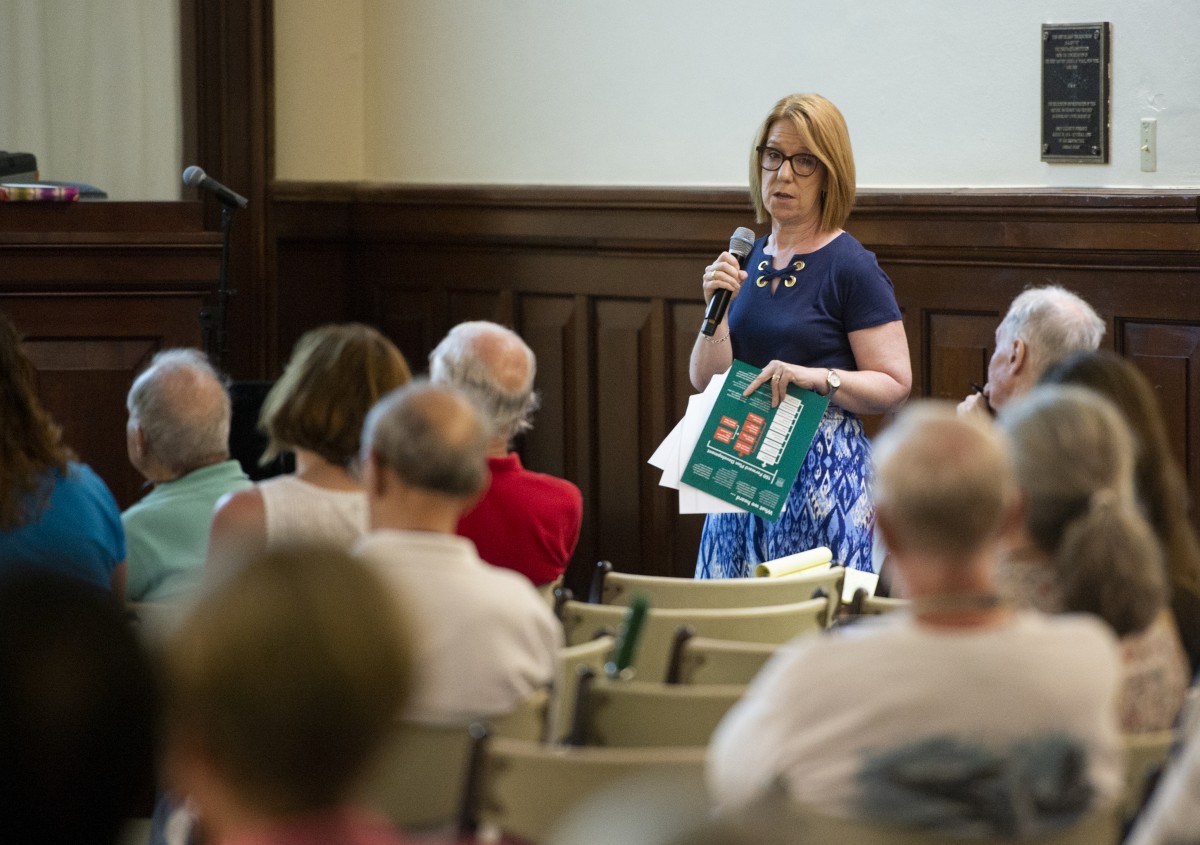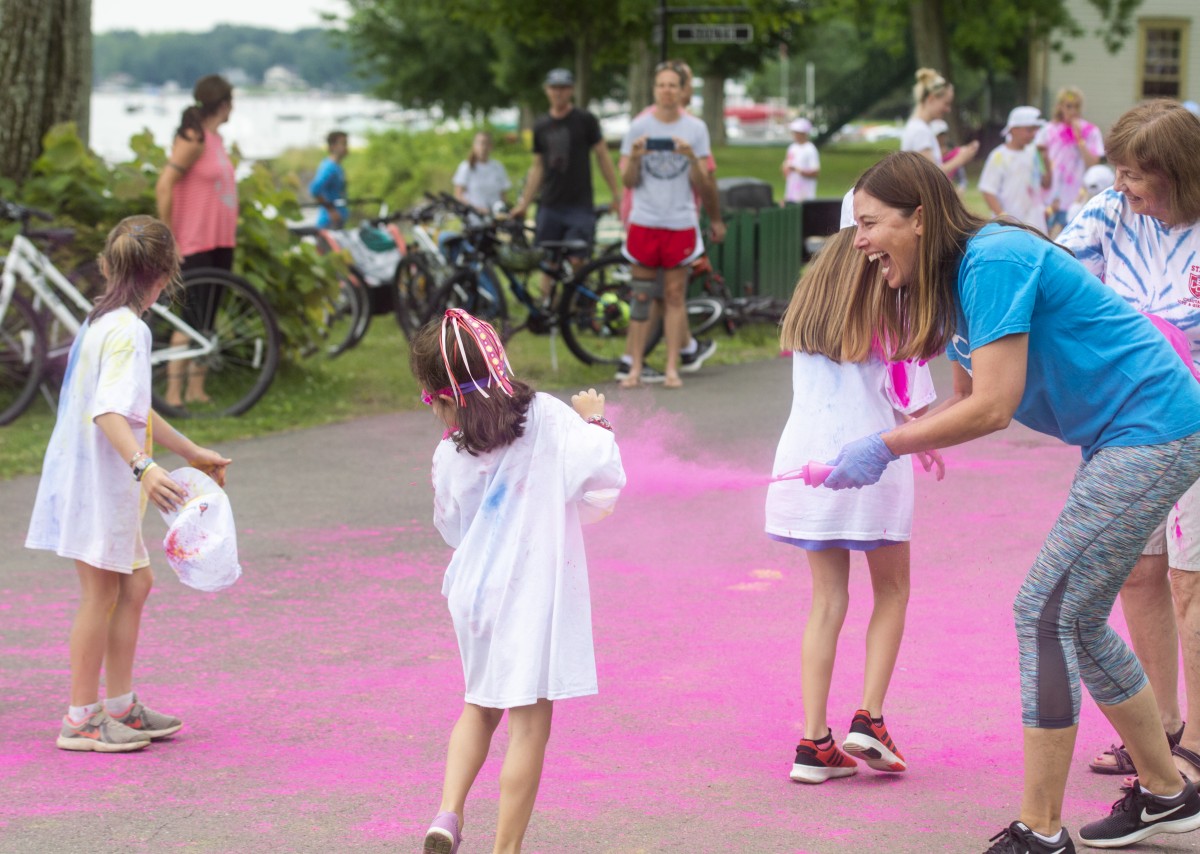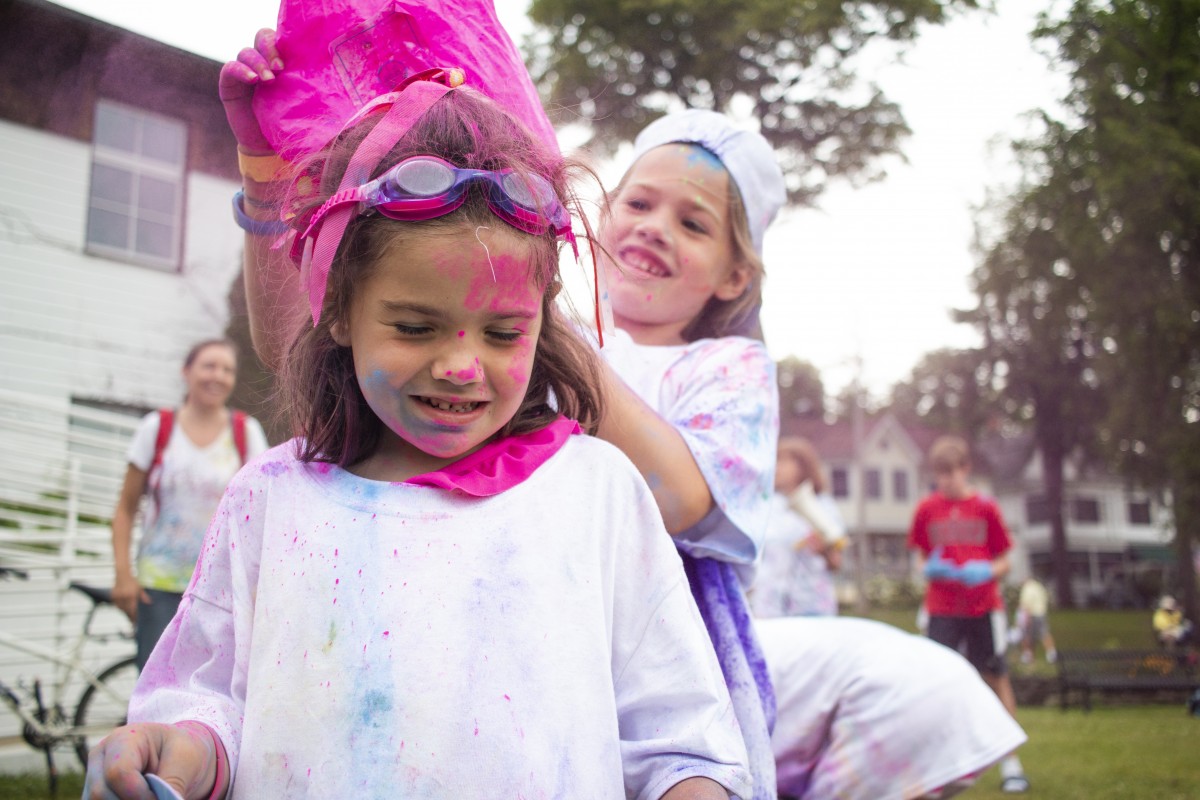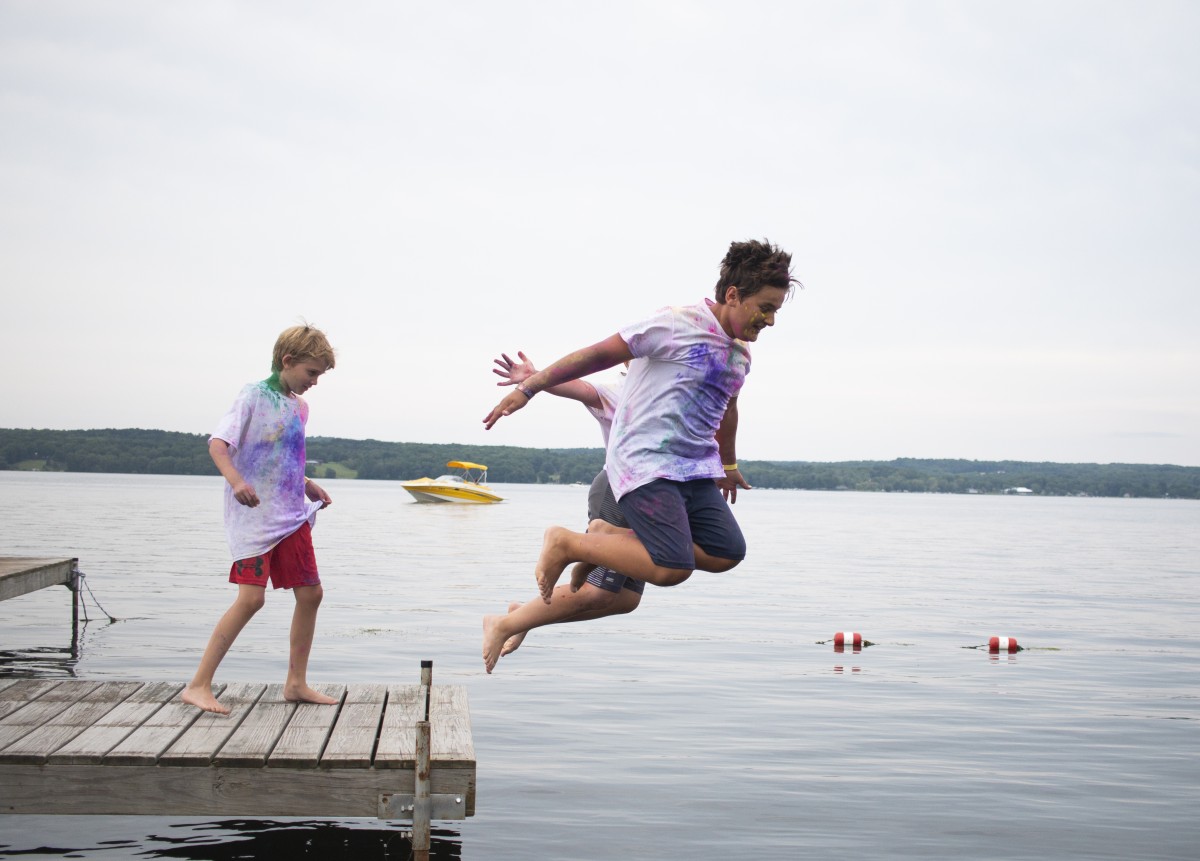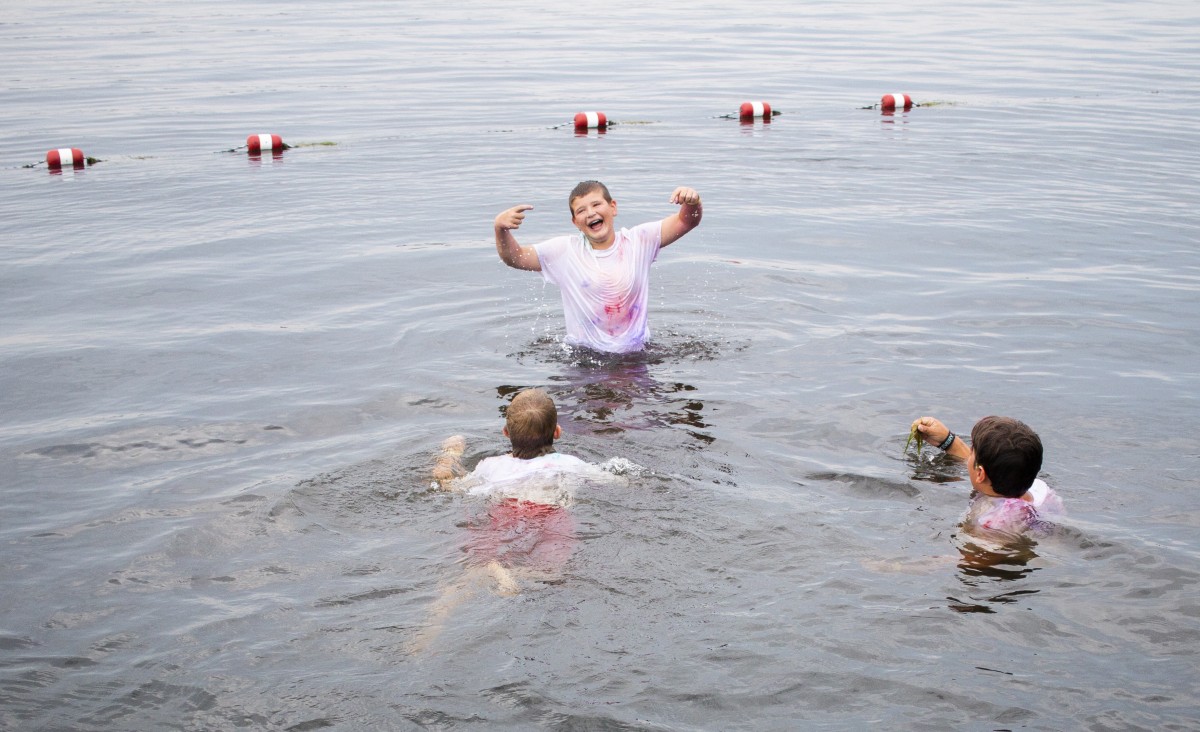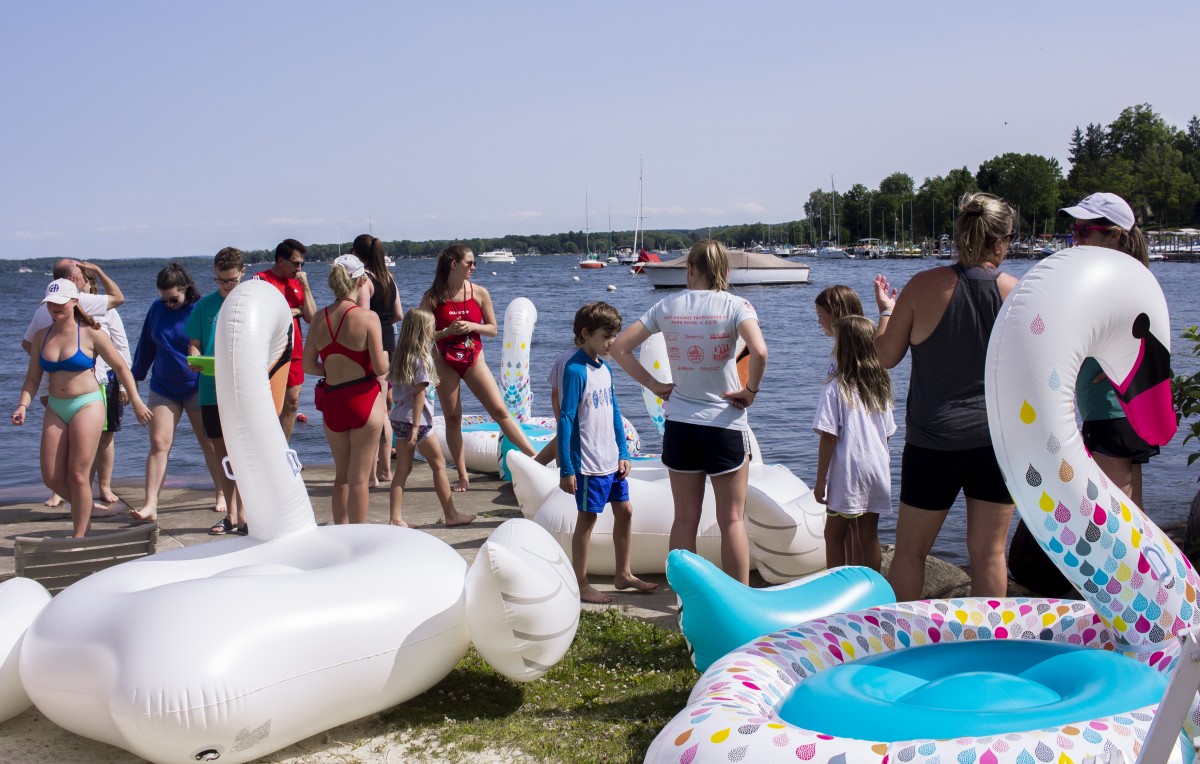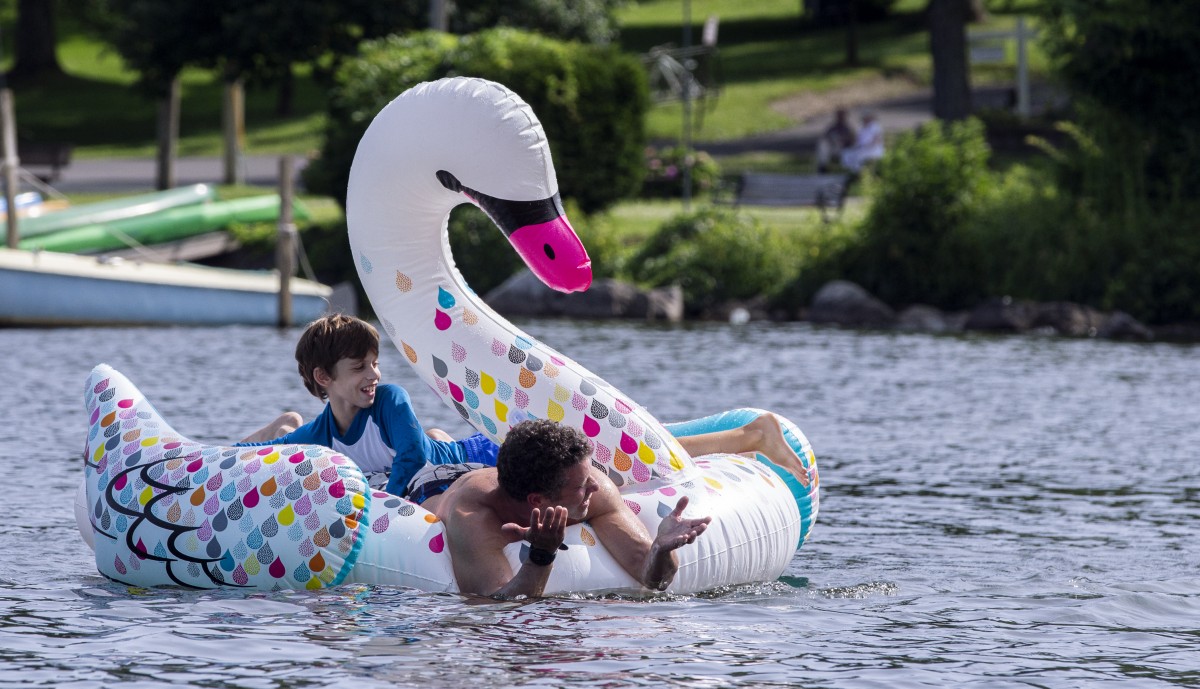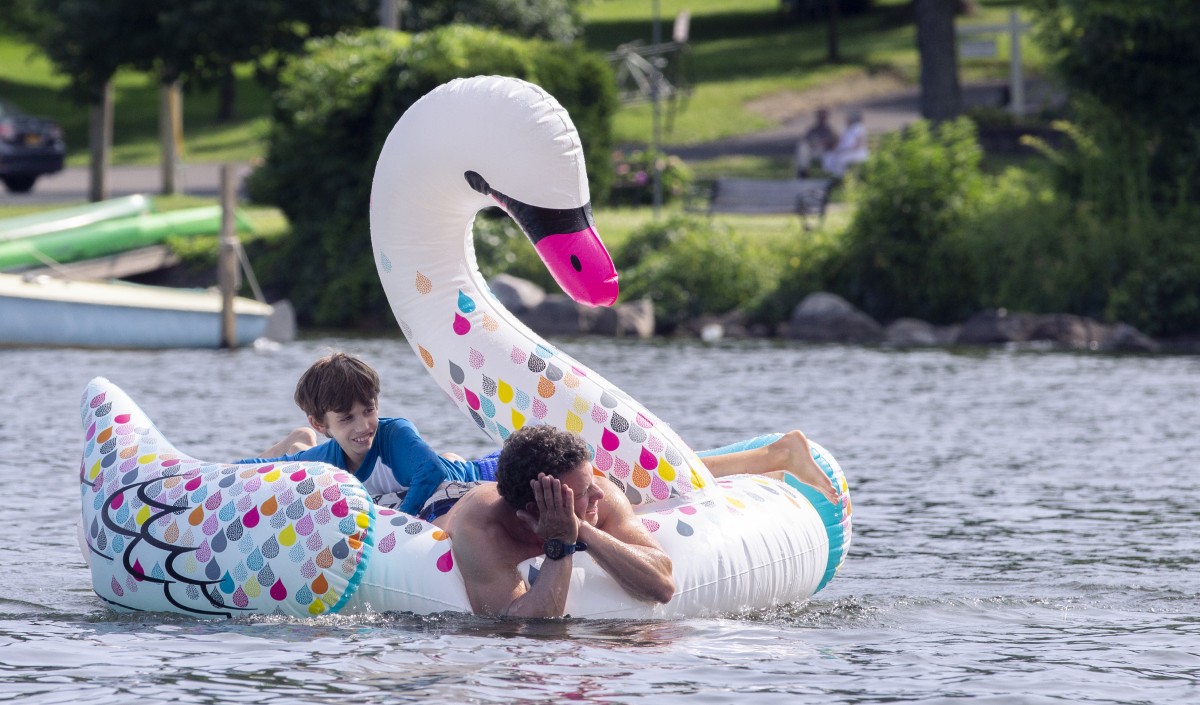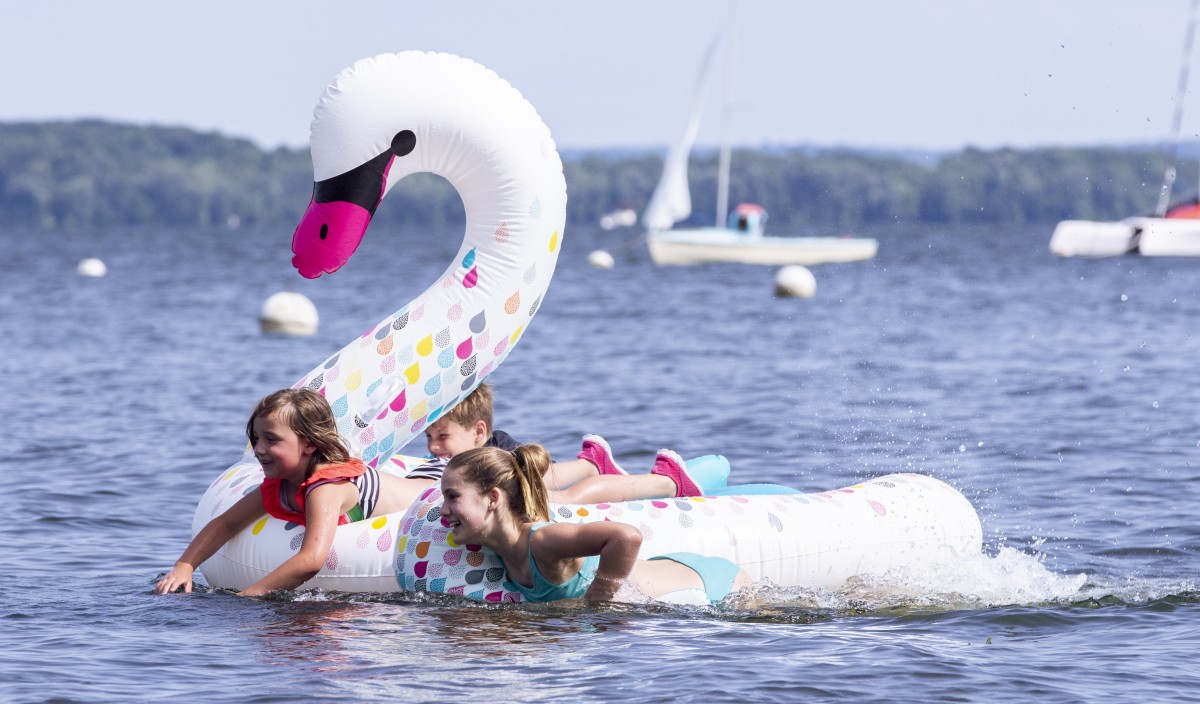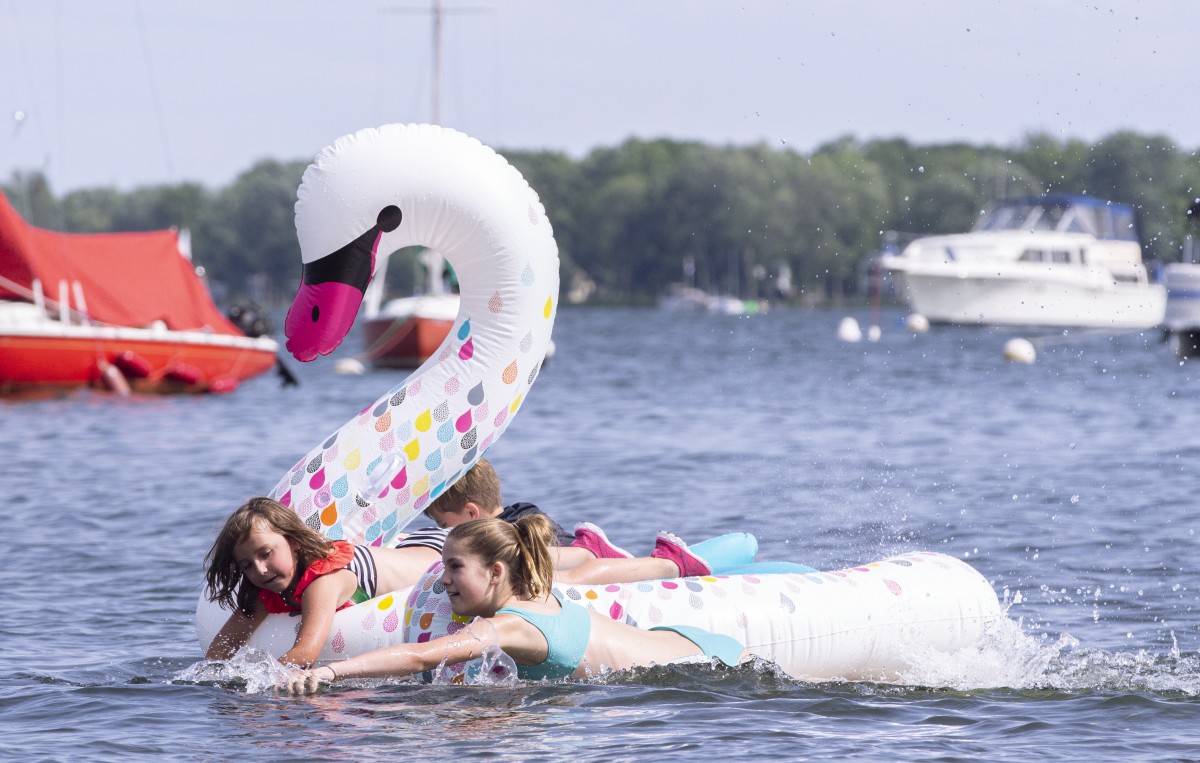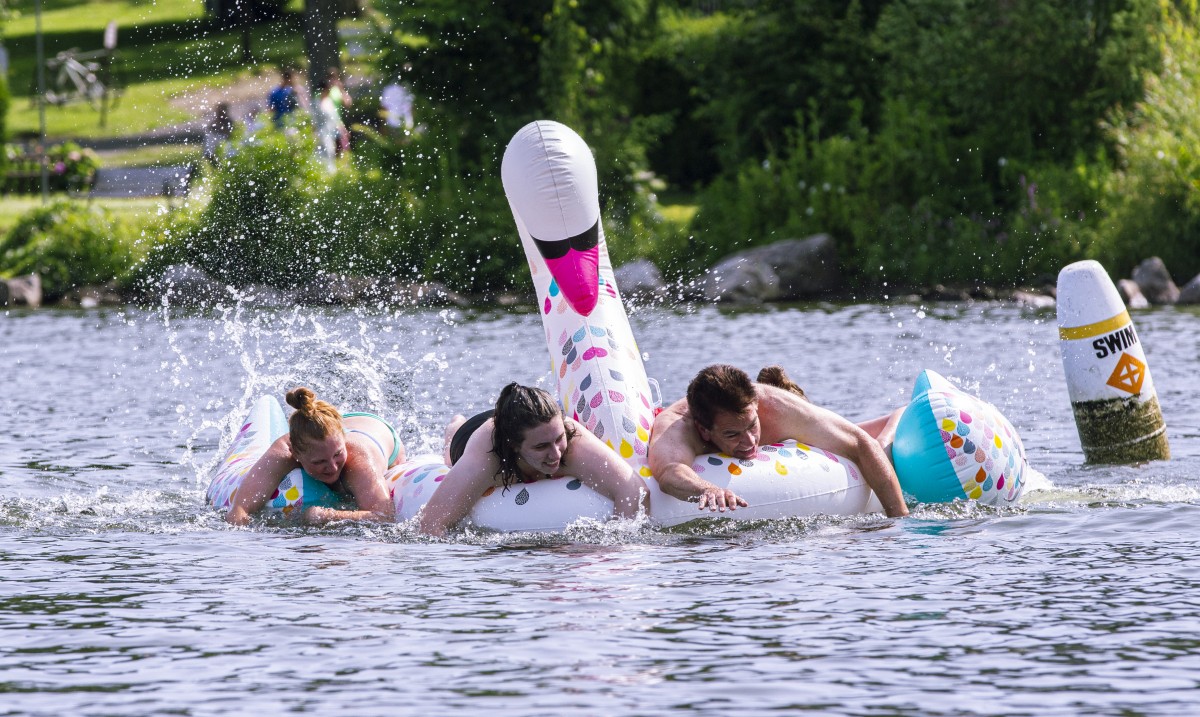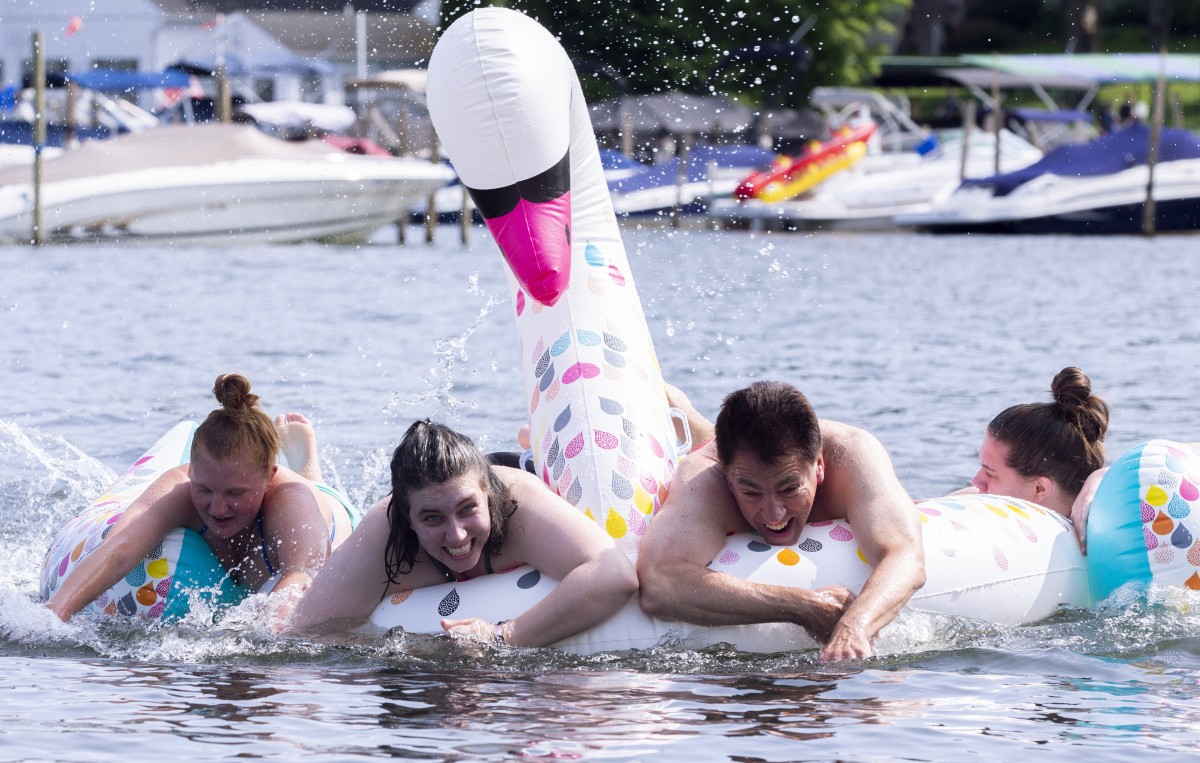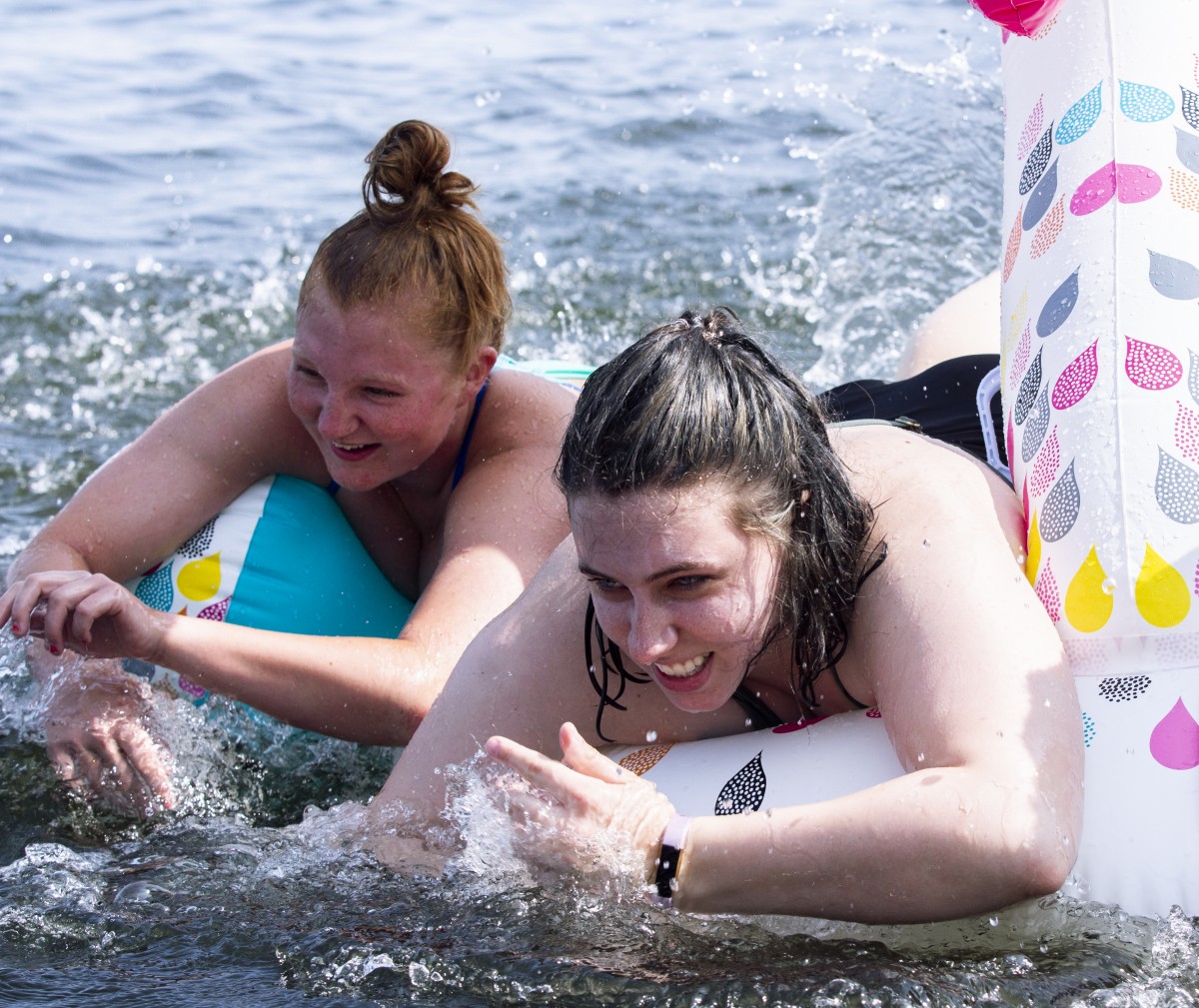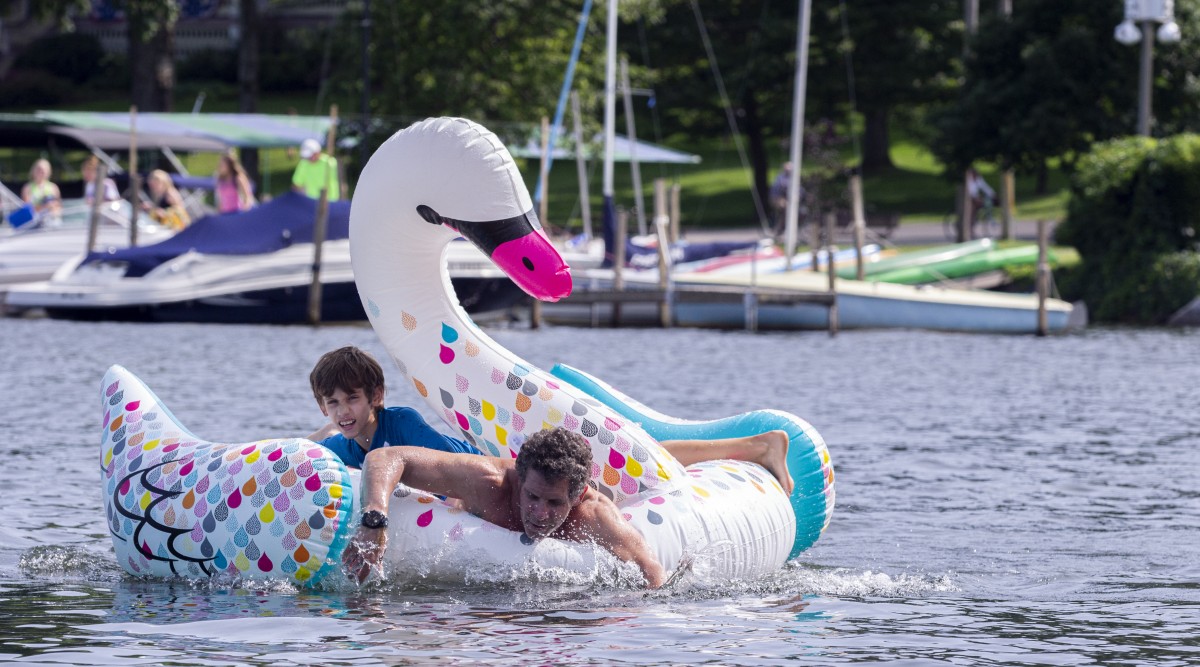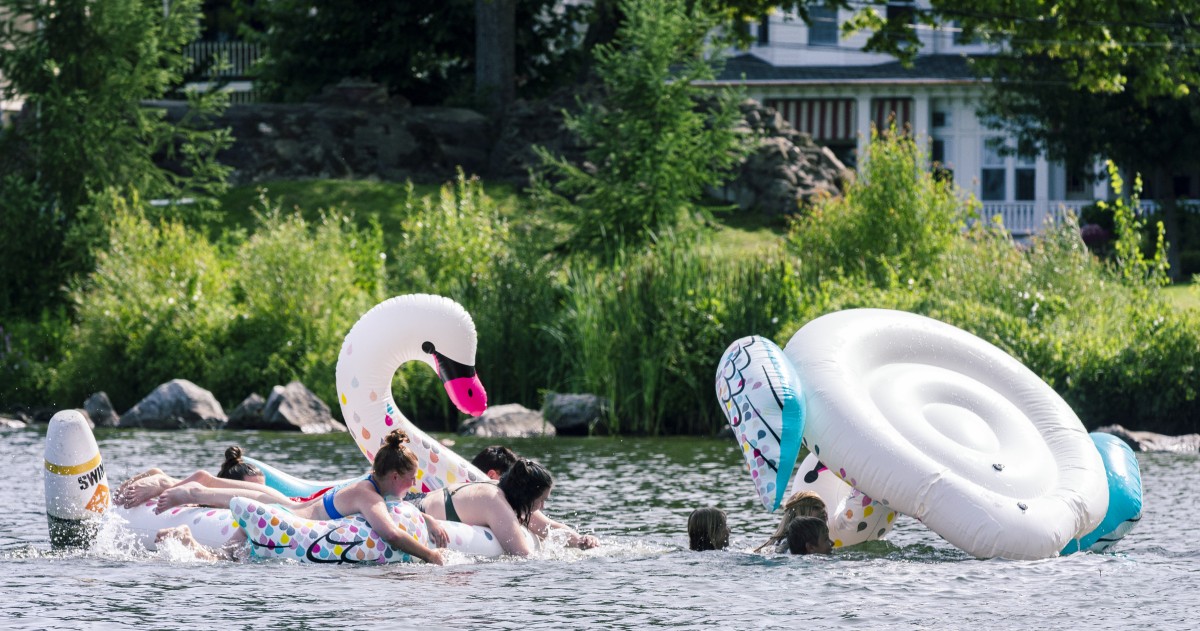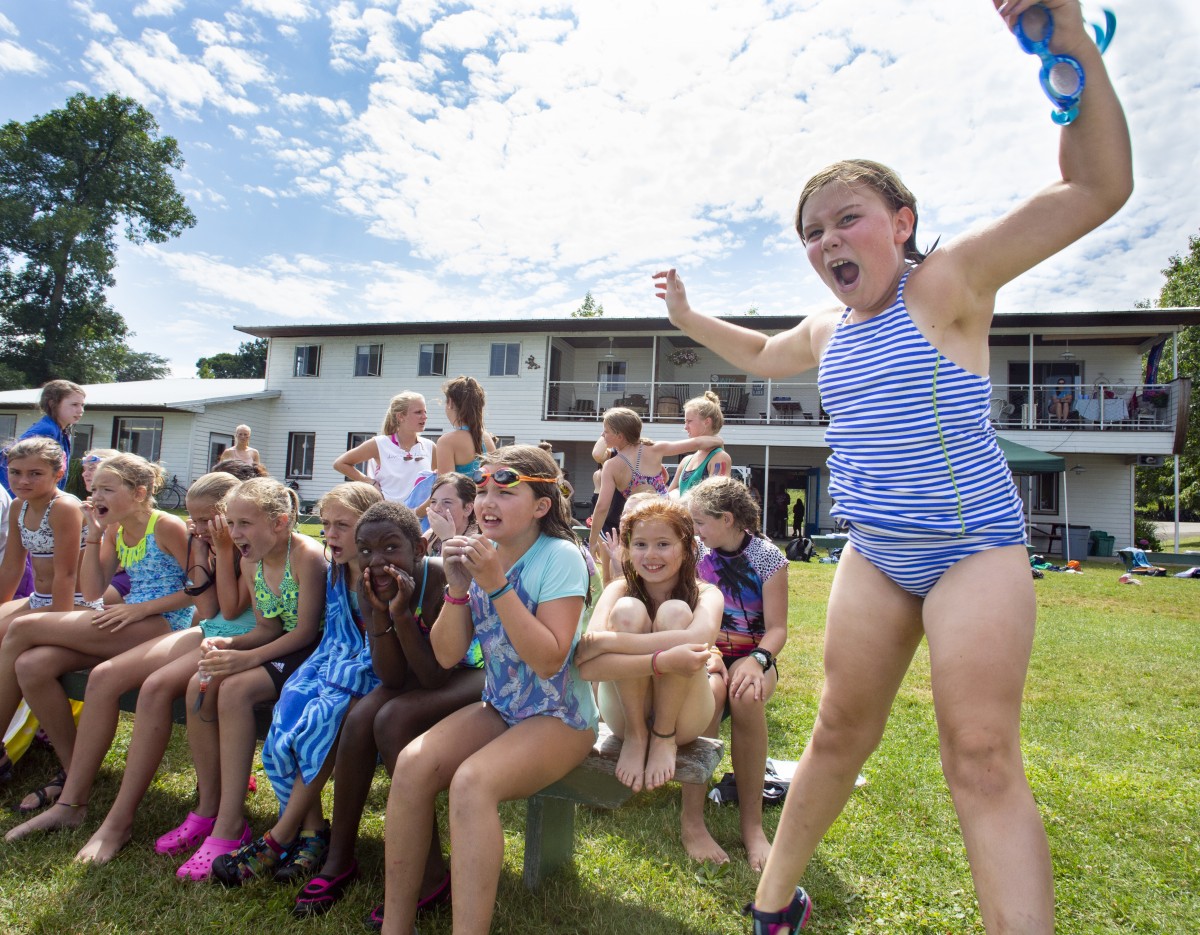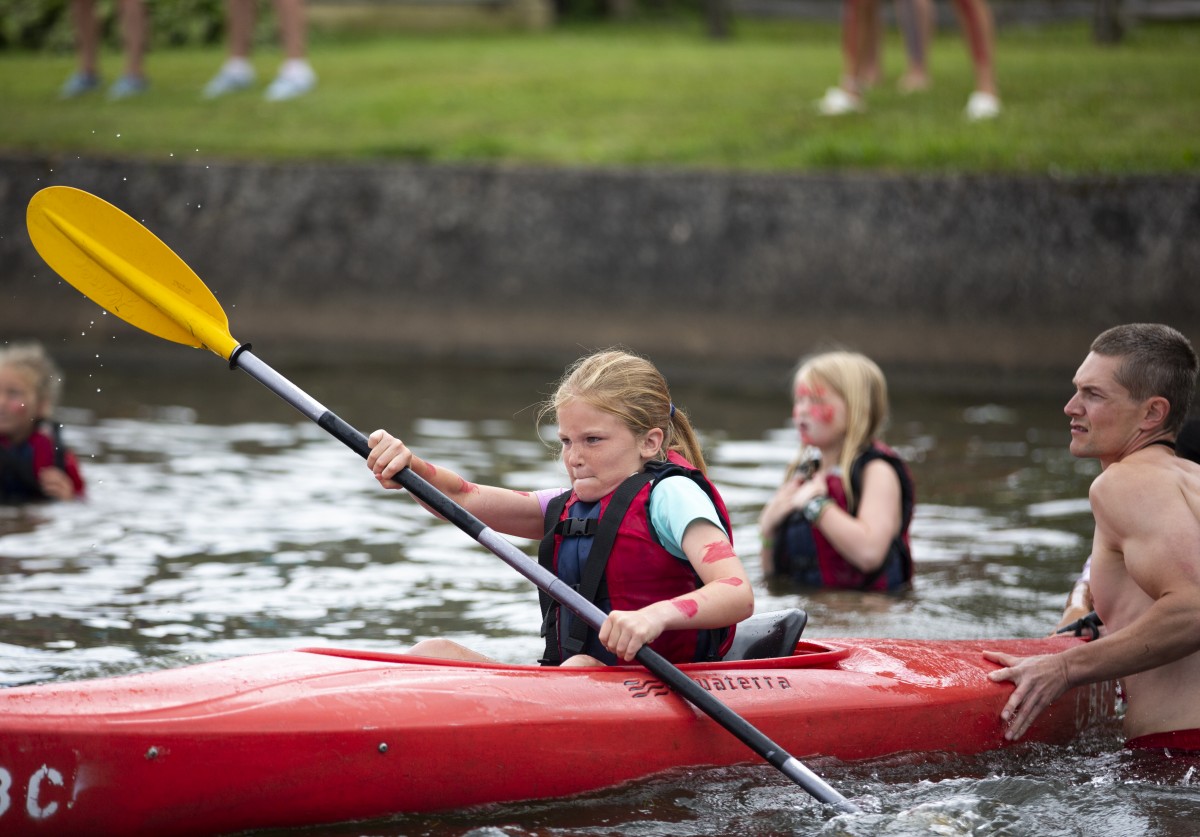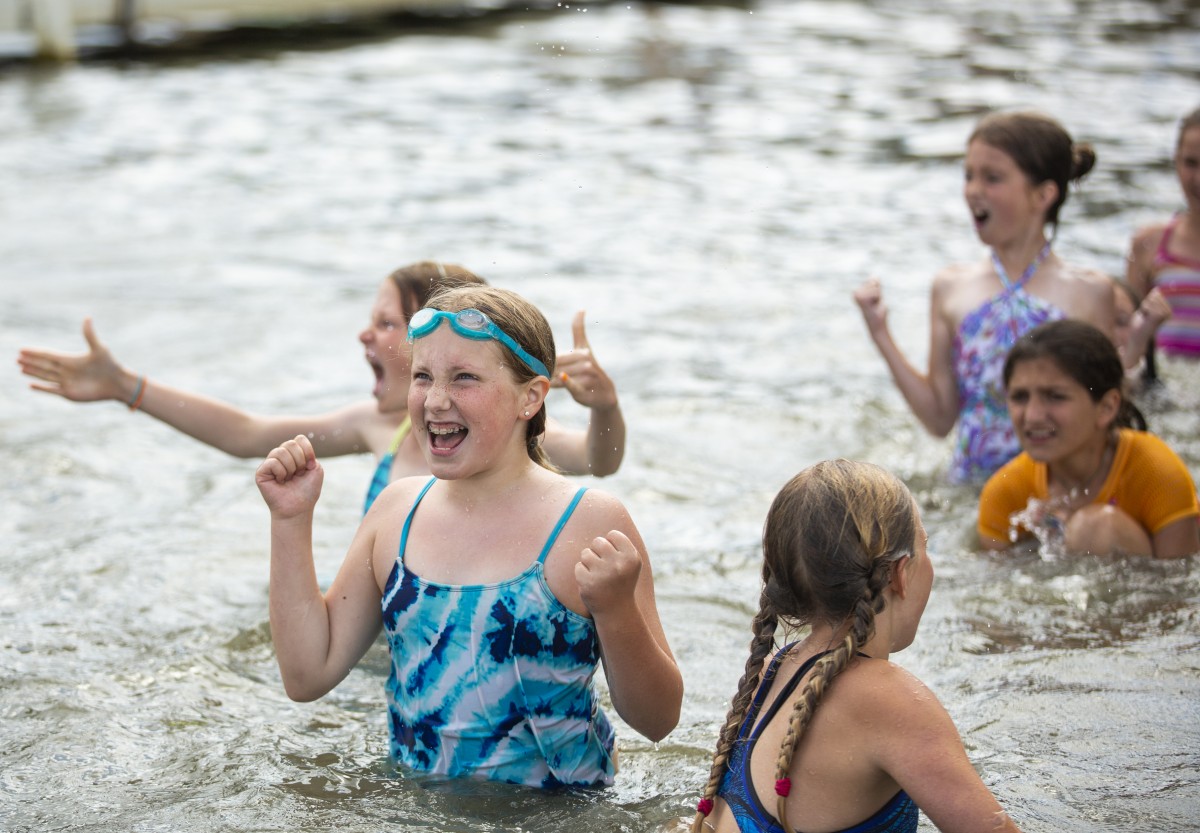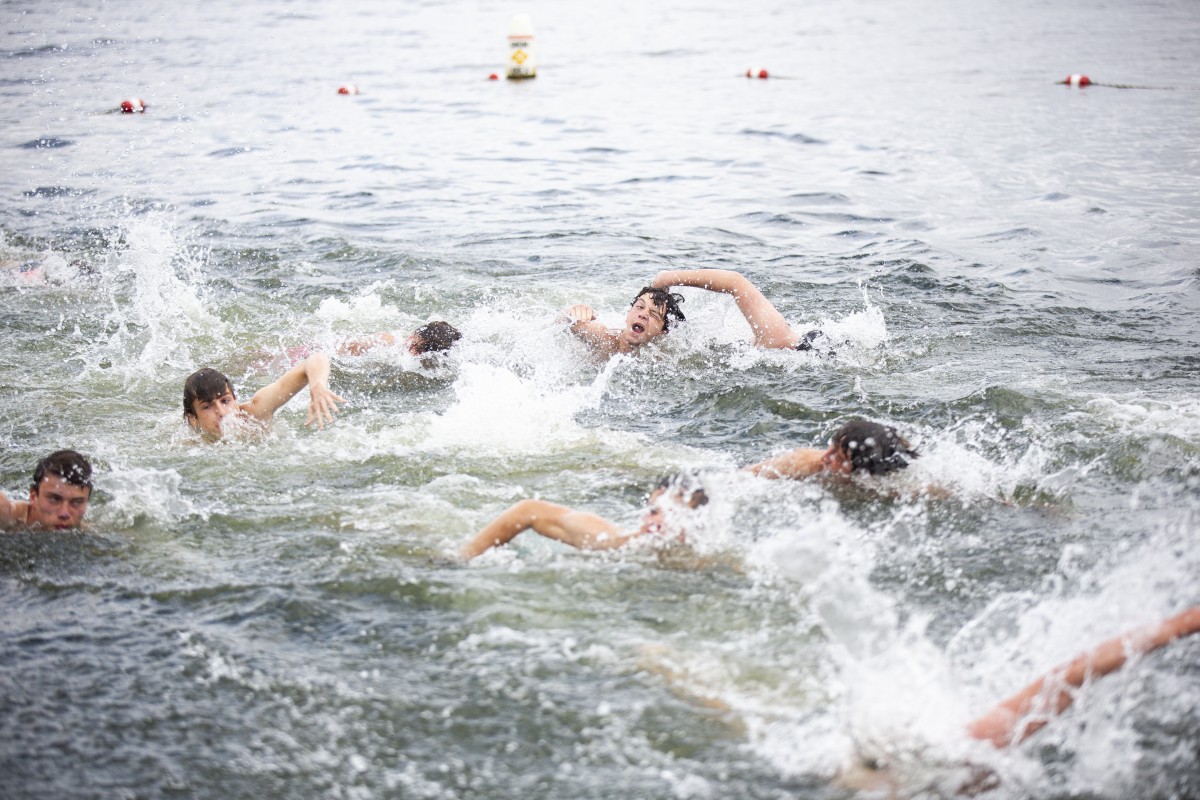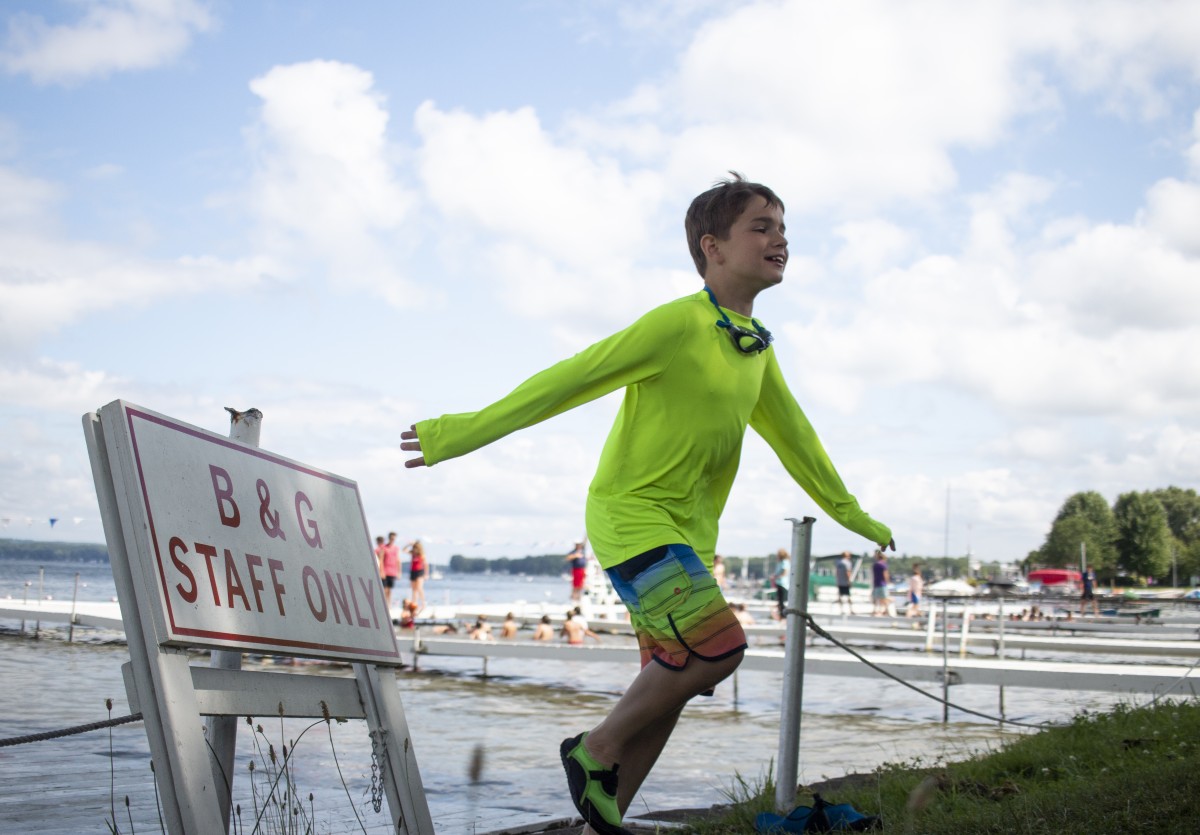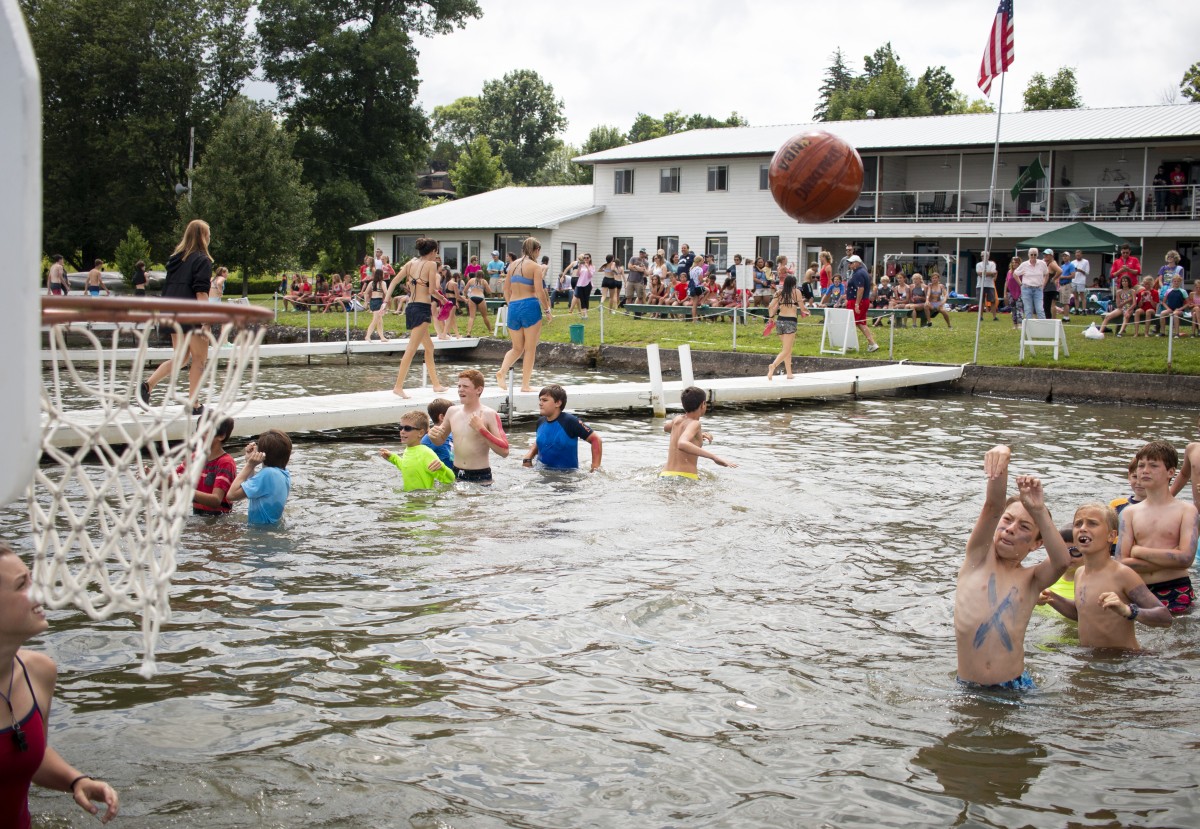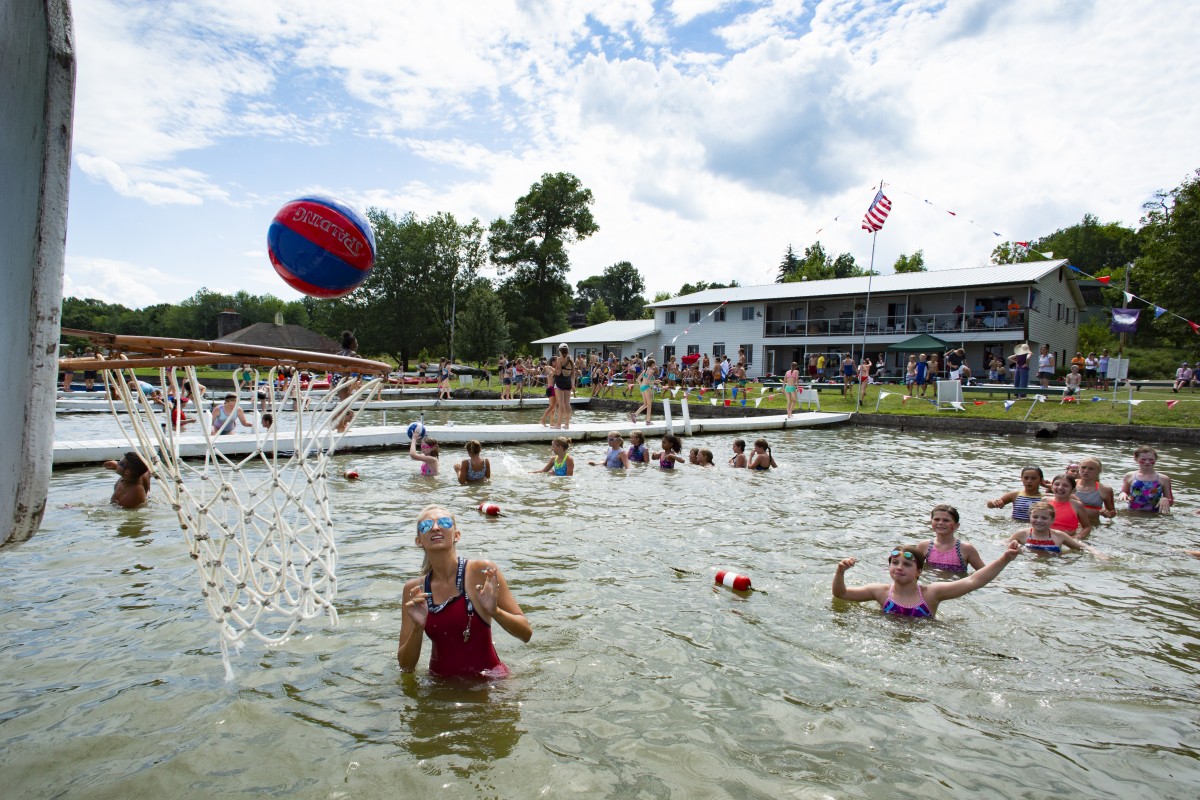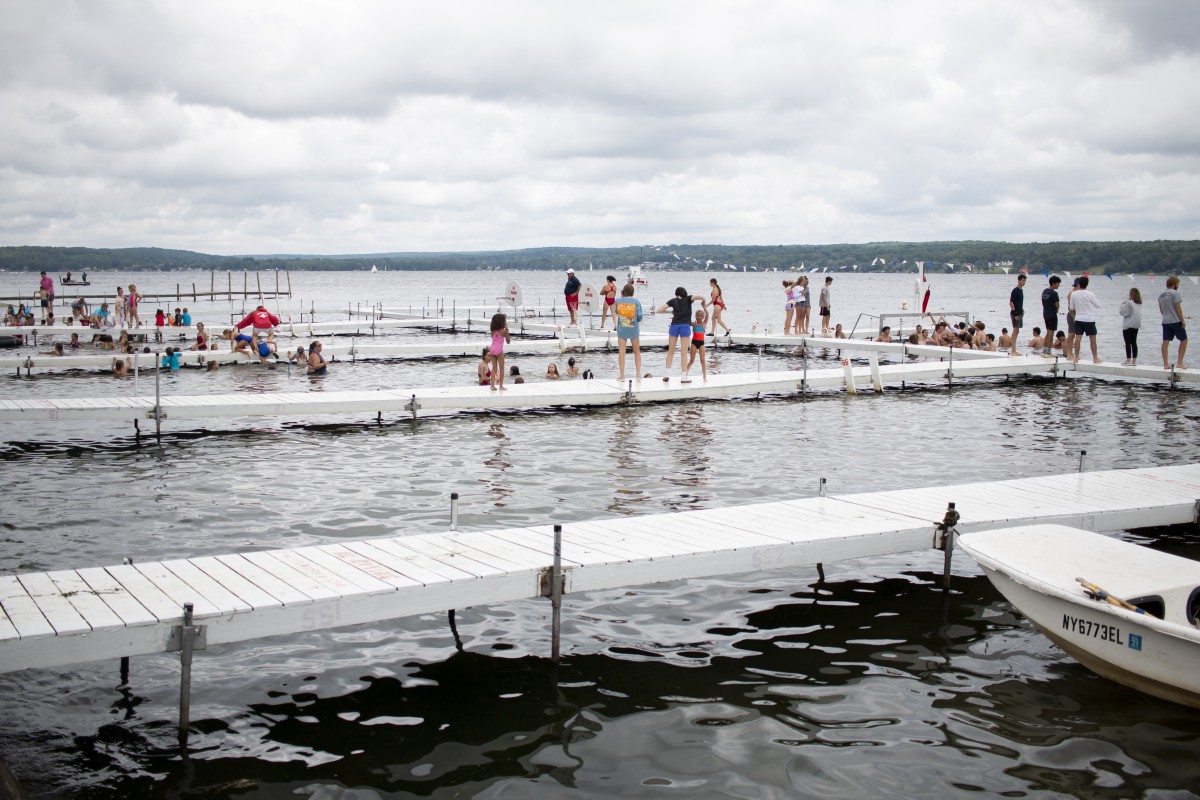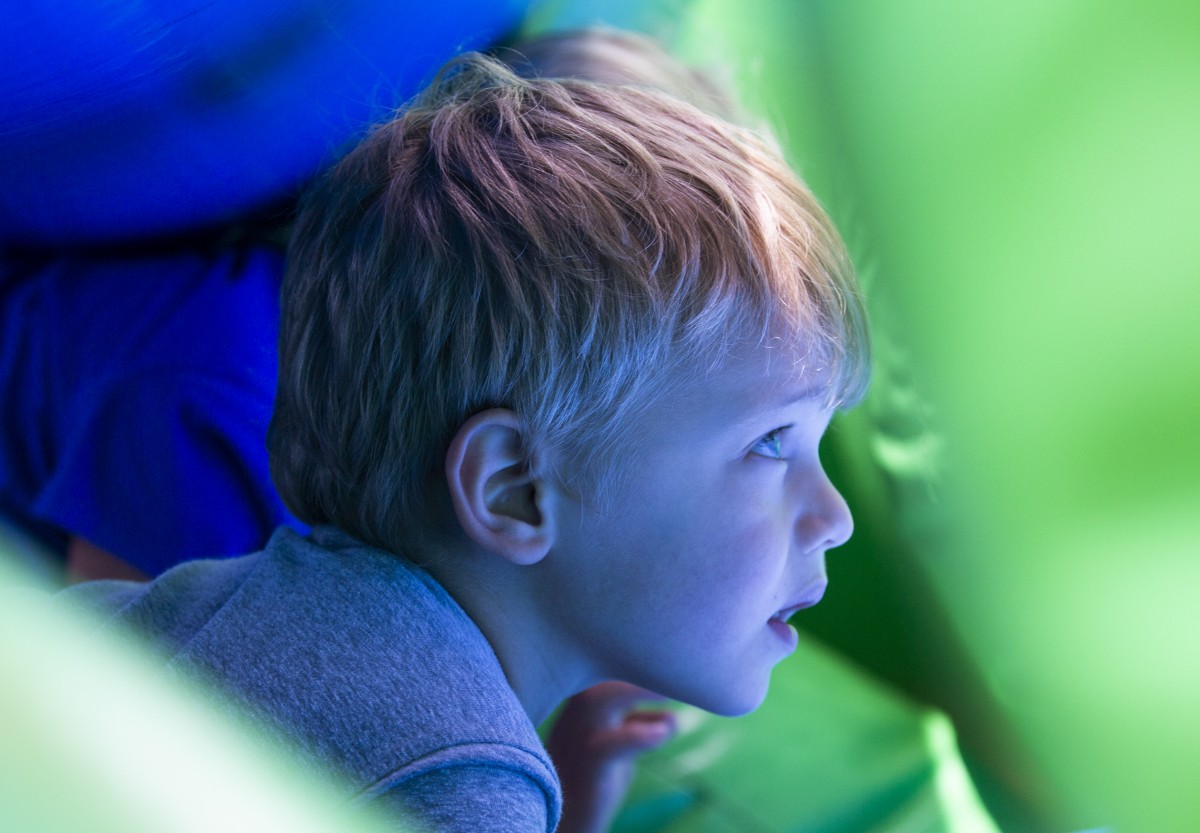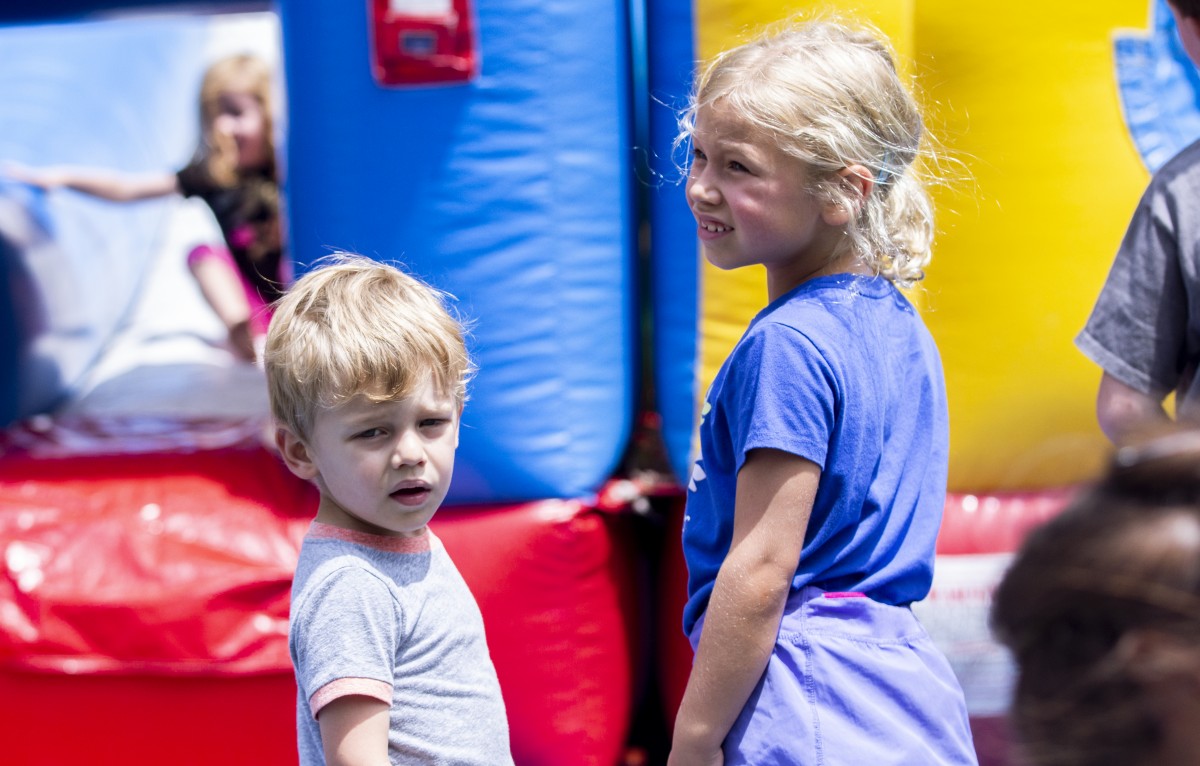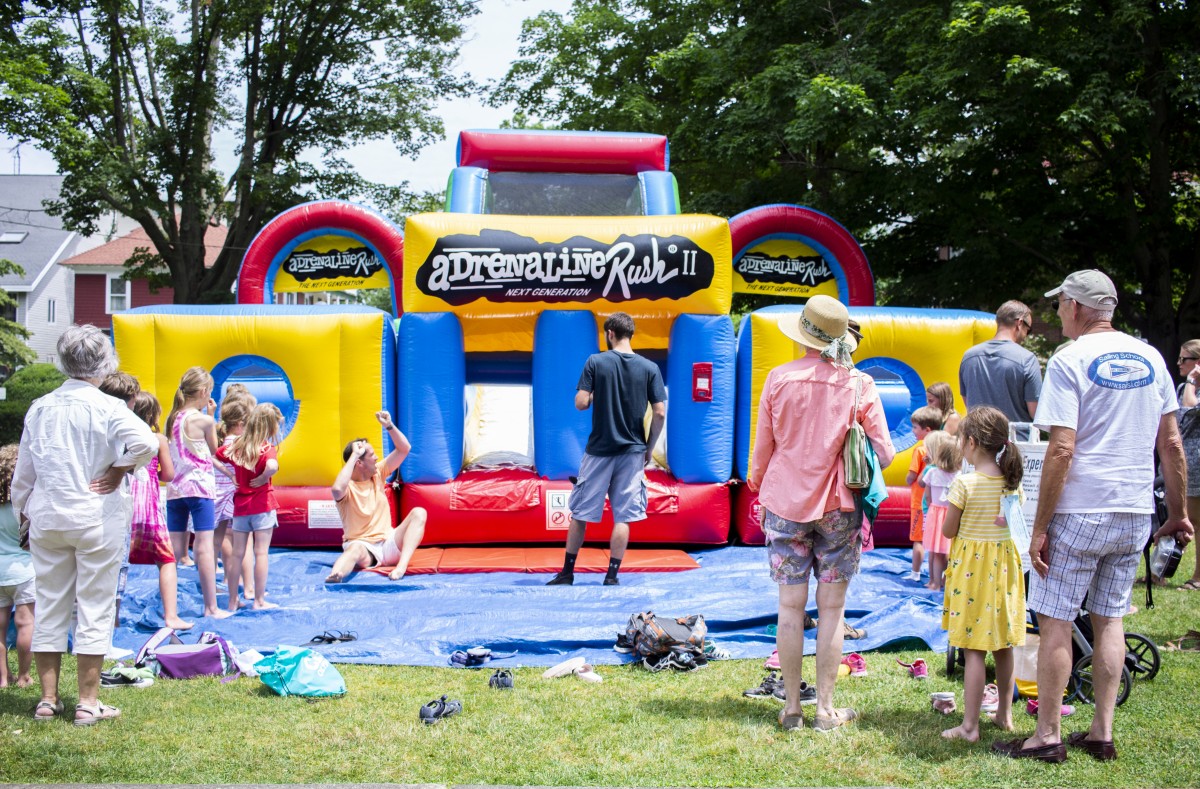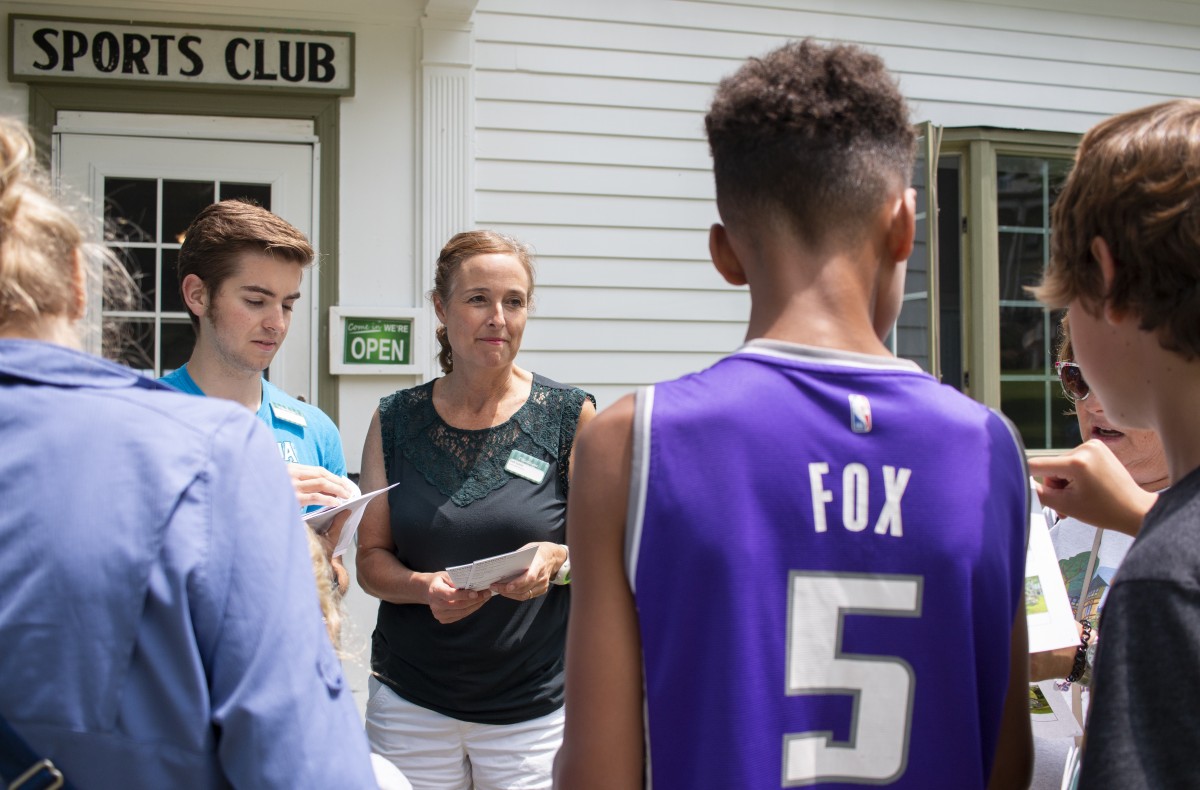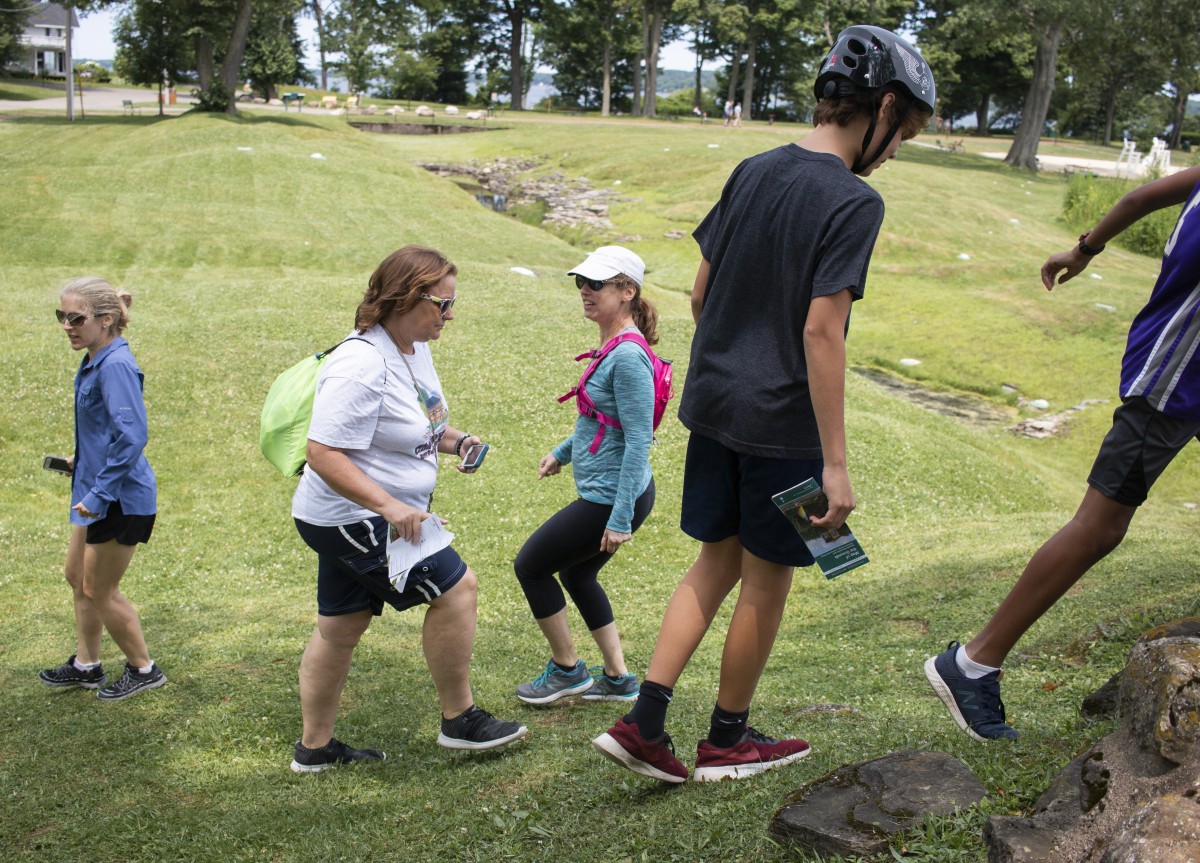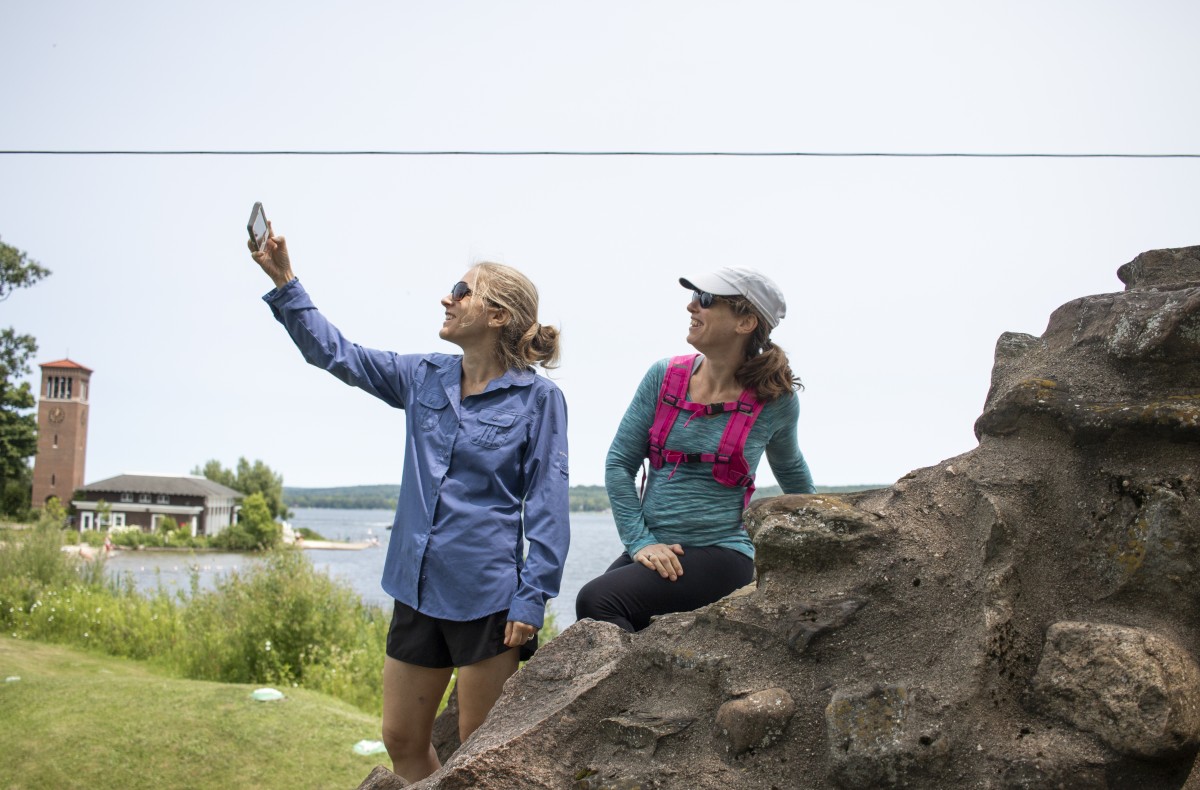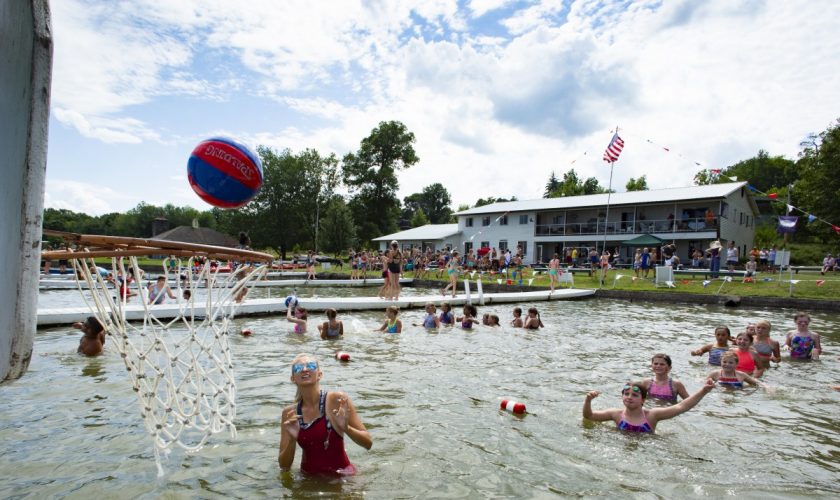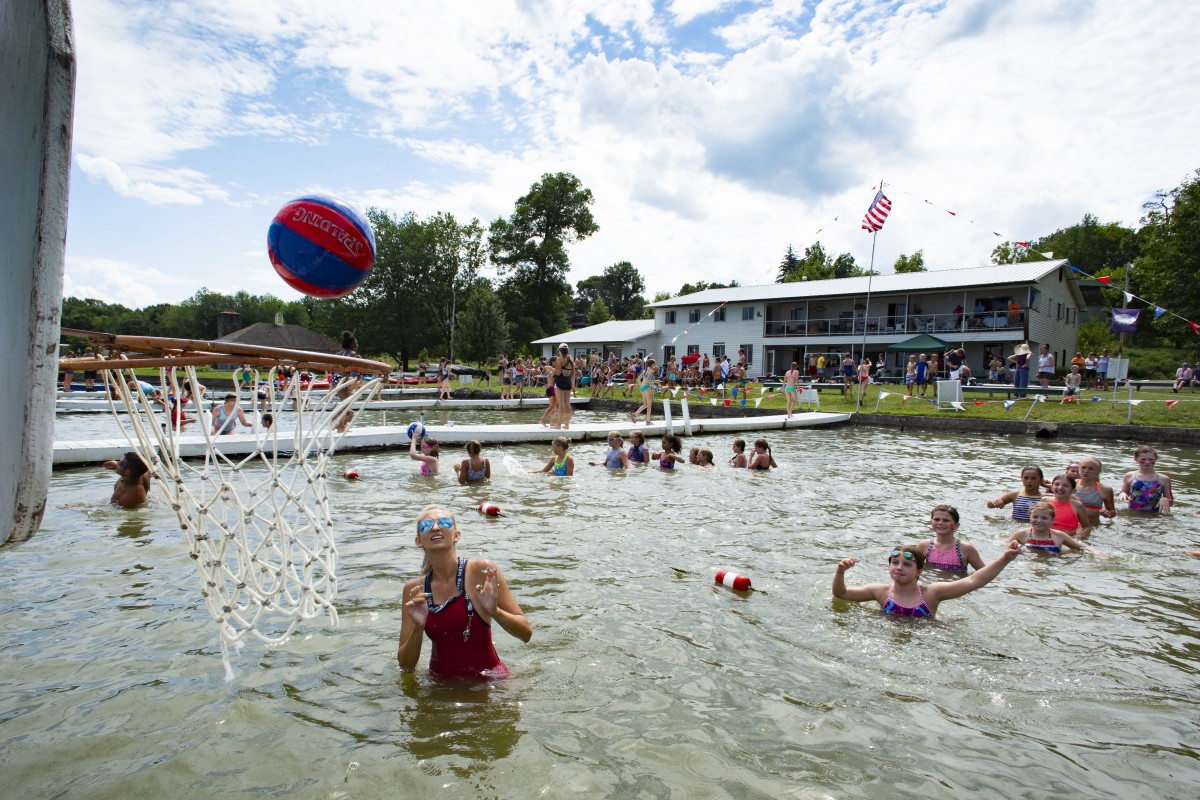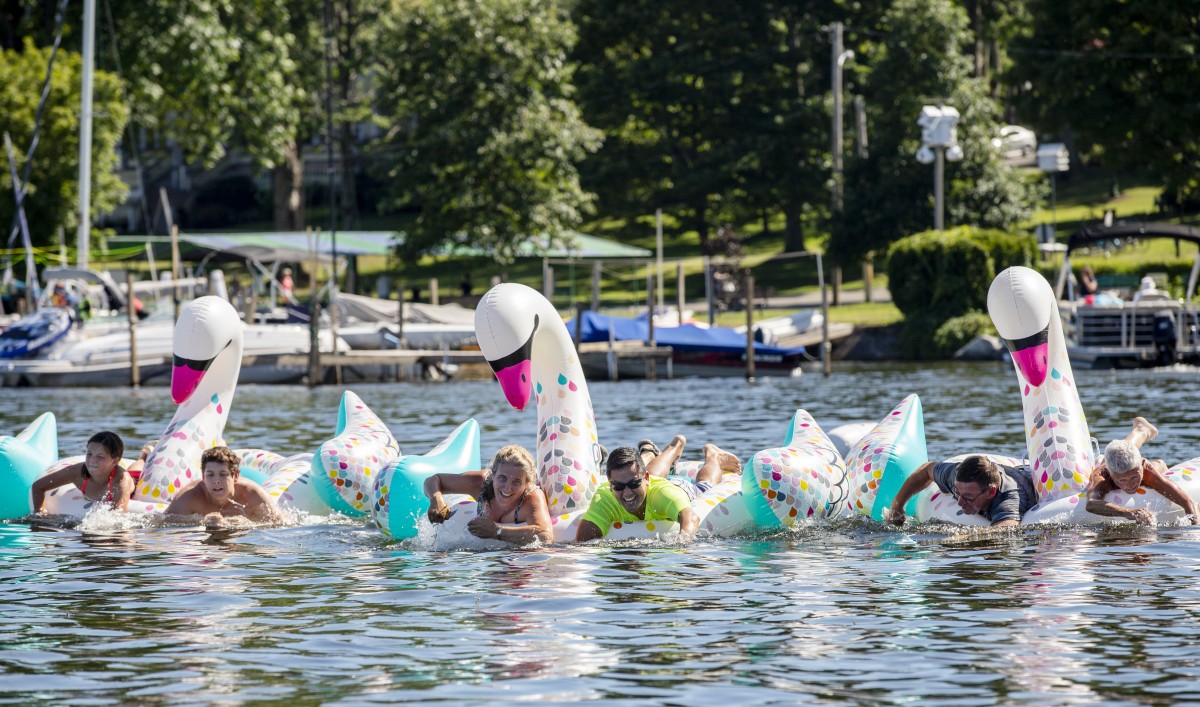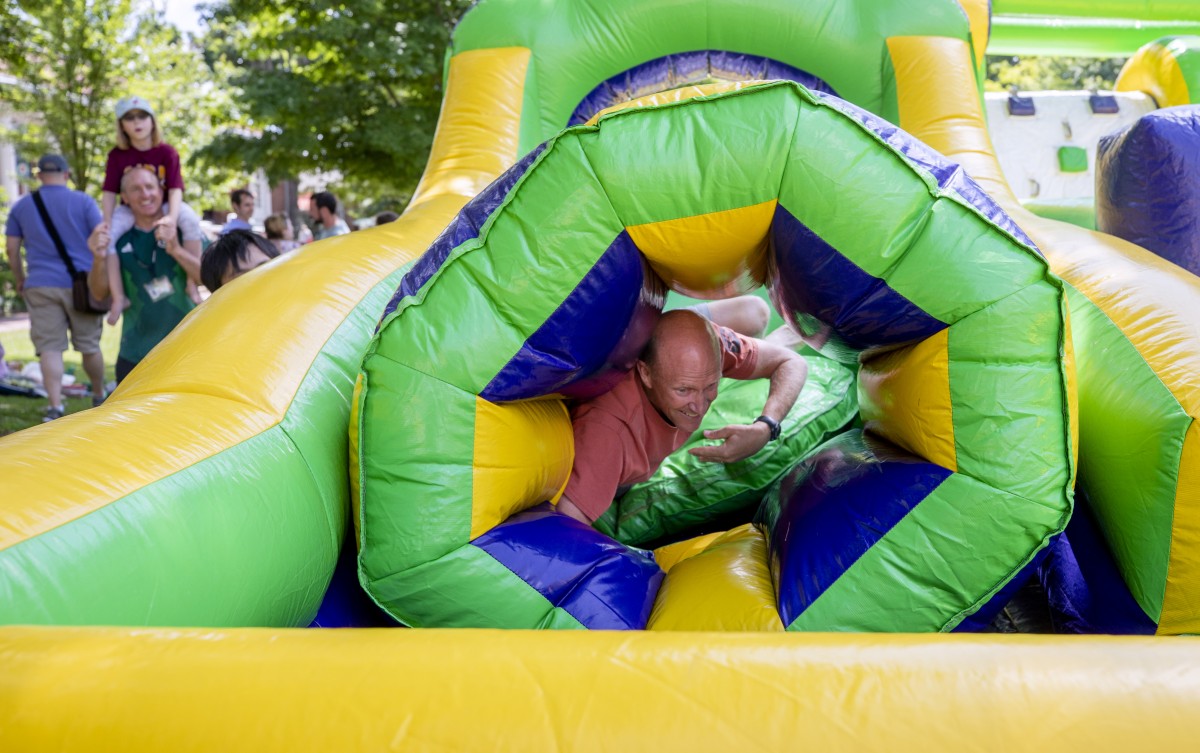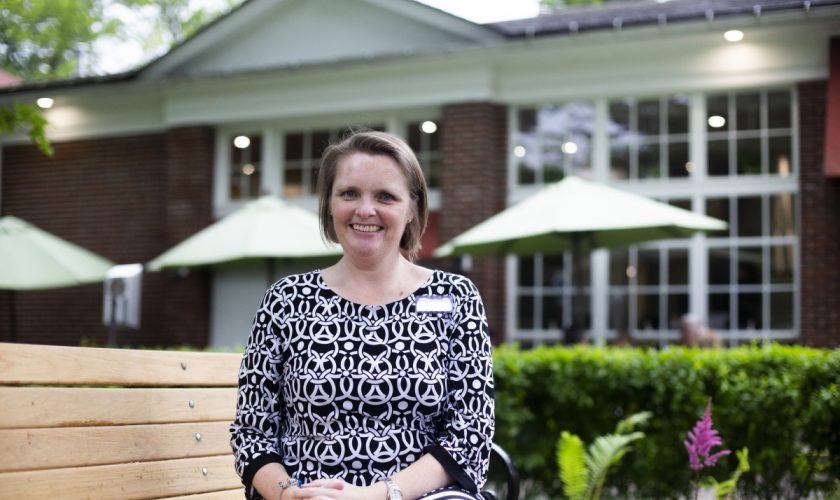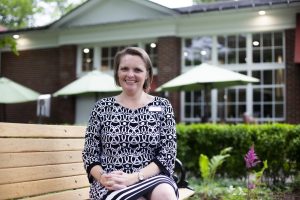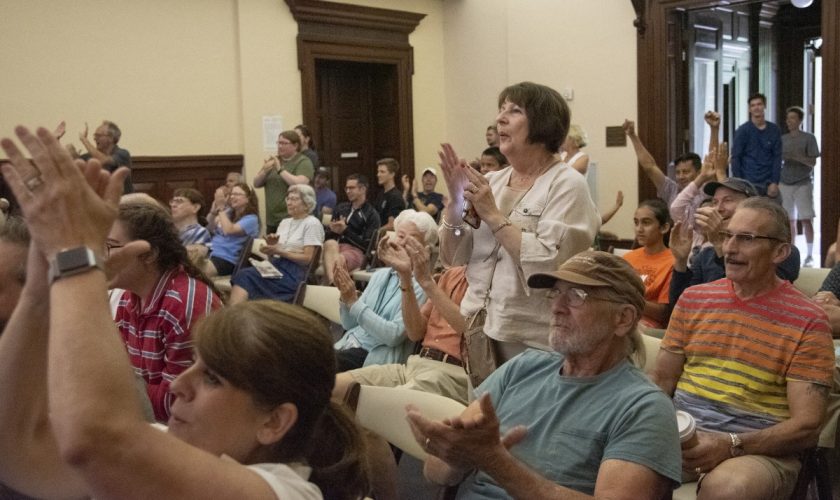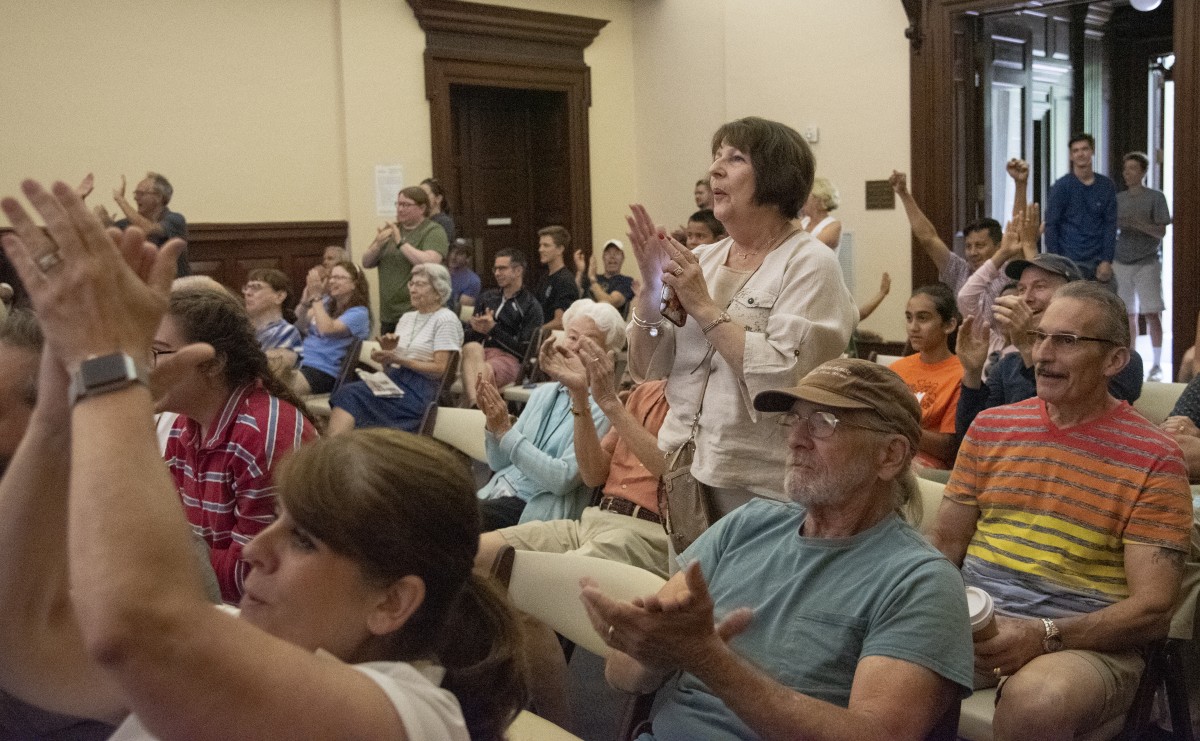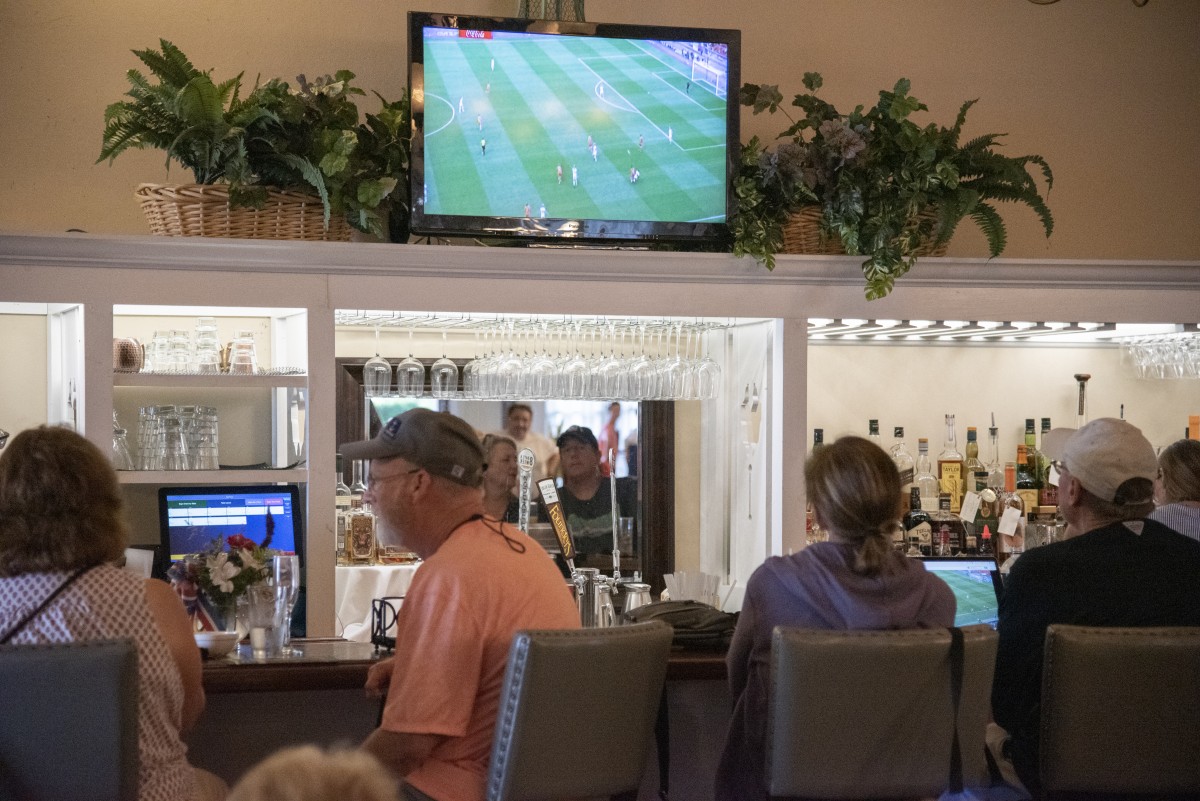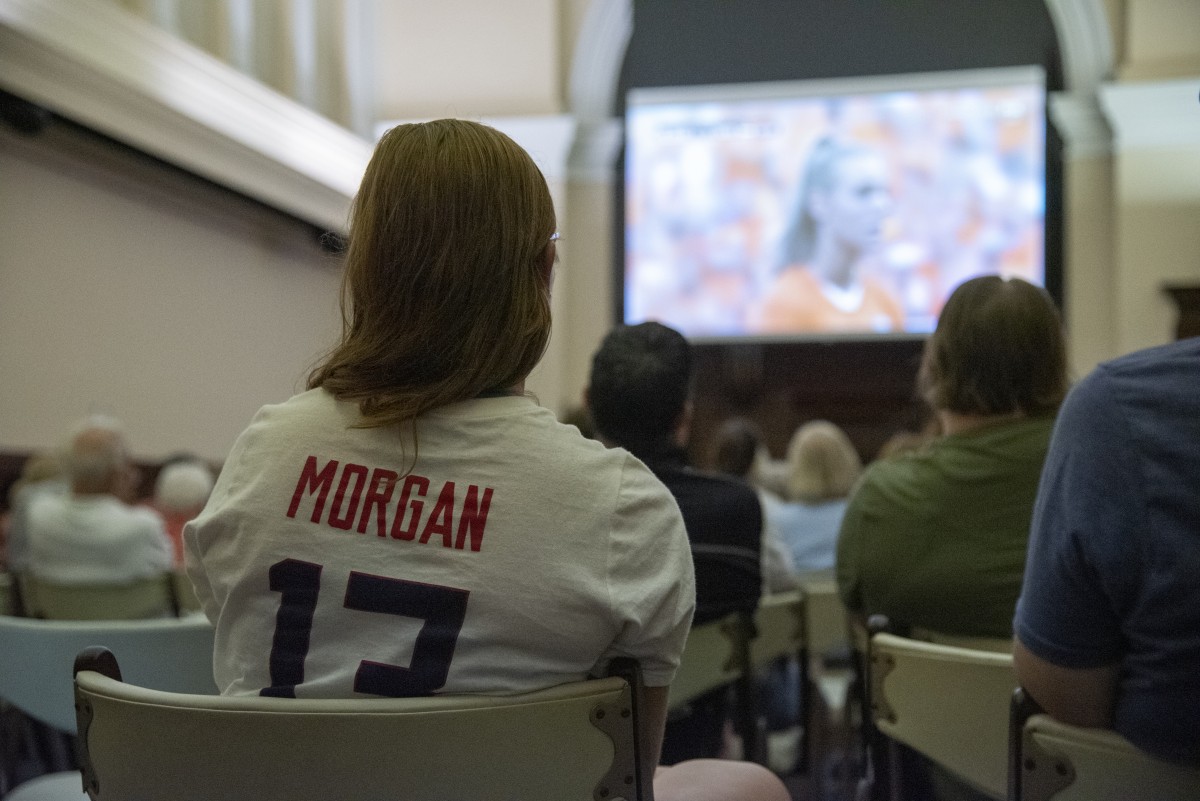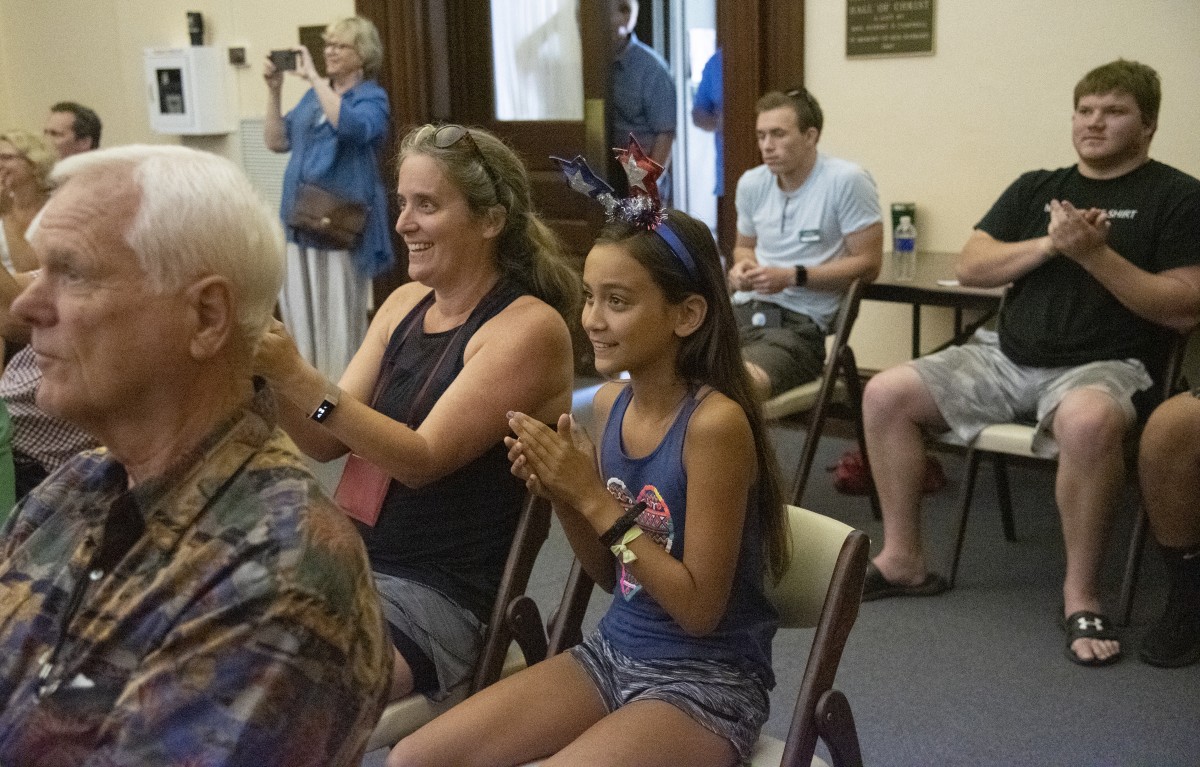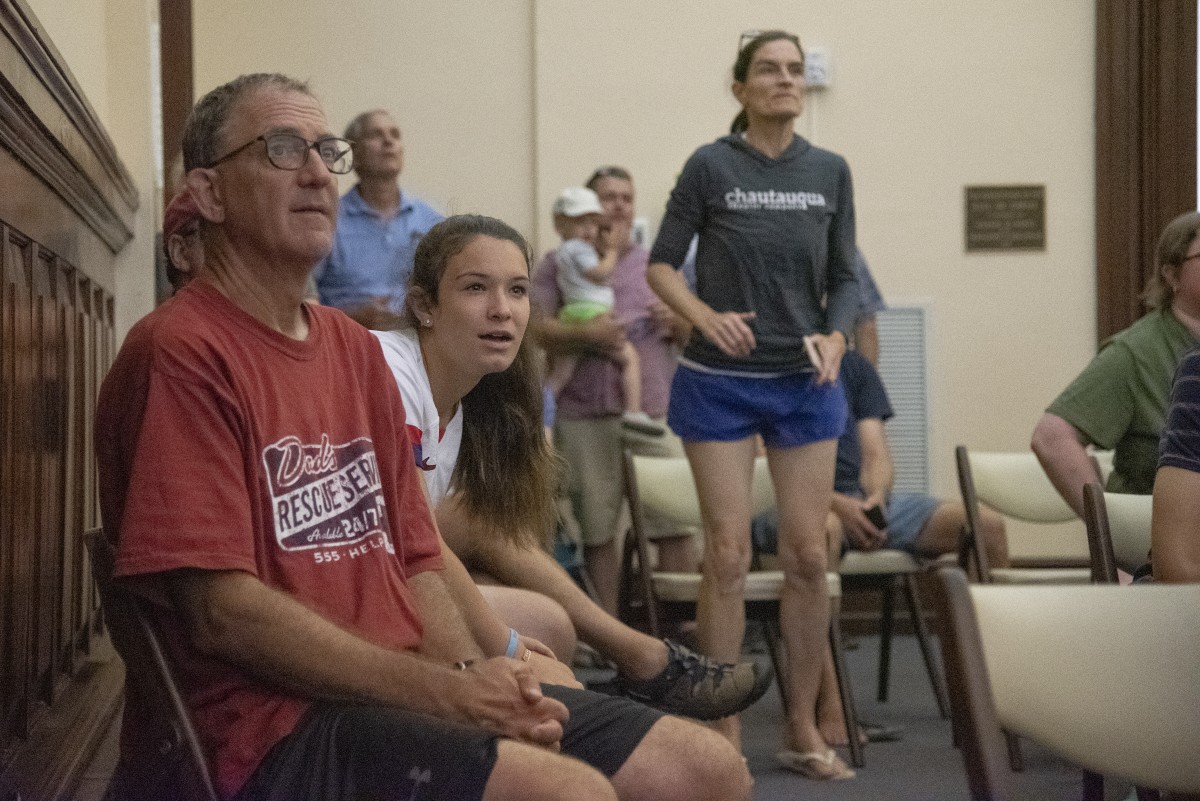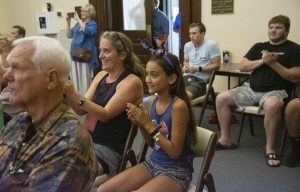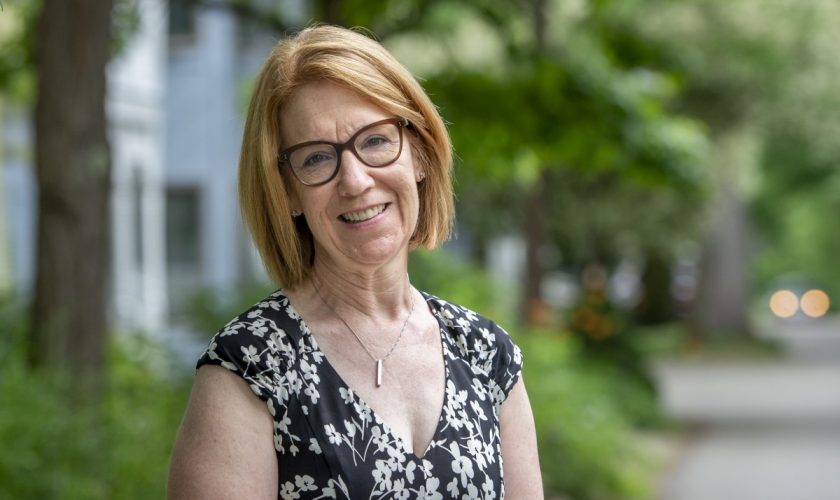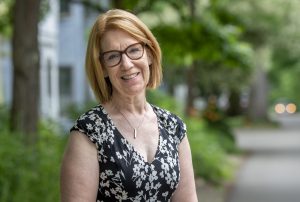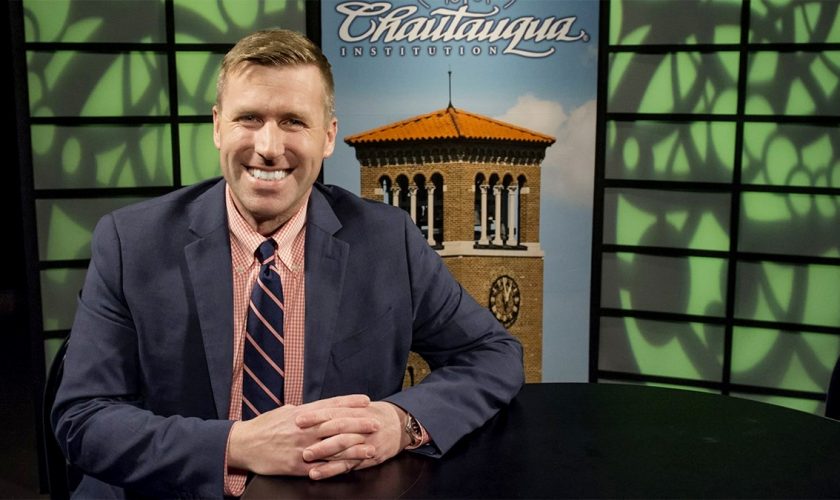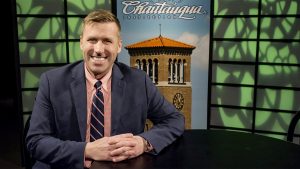For those seeking a day of levity, an afternoon escape or simply looking to laugh, the National Comedy Center is now providing an additional option to the lecture platforms, arts and entertainment offered at Chautauqua Institution. On July 8, the Comedy Center launched a free shuttle service to and from the Institution.
The shuttle runs every day starting at 9:30 a.m. and will pick up guests at the Athenaeum Hotel, as well as the Main Gate Welcome Center, before heading to the museum. It will continue to pick up guests from the Institution until 1:40 p.m., and will continue to make rounds to drop visitors off from the Comedy Center until 6:10 p.m.
In total, the shuttle will make three trips to the Institution to pick up guests and four return trips from the museum to drop people off. For more information or to reserve a seat on any shuttle, guests can visit
comedycenter.org/chqshuttle/.
Gary Hahn, director of marketing and communications for the Comedy Center, said he knows the difficulties of driving on and off the grounds, and that he hopes the shuttle helps take some of the burden off guests.
“We know a lot of guests at Chautauqua park for the week, and don’t necessarily want to go back into their cars during what might be their vacation week,” Hahn said. “We just want to make it really easy and convenient for anyone who wants to visit us to make the trip.”
Hahn said the National Comedy Center provides an entertaining and engaging experience for visitors of all ages. Because the center is something that everyone can enjoy, Hahn said it’s a perfect destination for Chautauquans of all ages.
“The National Comedy Center is fantastic for the entire family,” Hahn said. “It’s a highly engaging, state-of-the-art space with some immersive, interactive exhibits and something that everyone can enjoy.”
According to Hahn, when visitors arrive at the museum, their experience is tailored to their individual sense of humor. Through kiosks at the entrance, visitors create a humor profile that then shapes their experience throughout the rest of the museum.
For those looking to make a trip to the Comedy Center, the shuttle will continue to run throughout the entire season.
The service is a continuation of the partnership between the Institution and the National Comedy Center, program partners for the upcoming Week Six theme, “What’s Funny?”
“We value our partnership with the Institution greatly,” Hahn said. “We’re looking forward to comedy week and we know that Chautauquans love to laugh. So for anyone looking for one off-campus experience before, during or after comedy week, we wanted to make that option as accessible as possible.”

